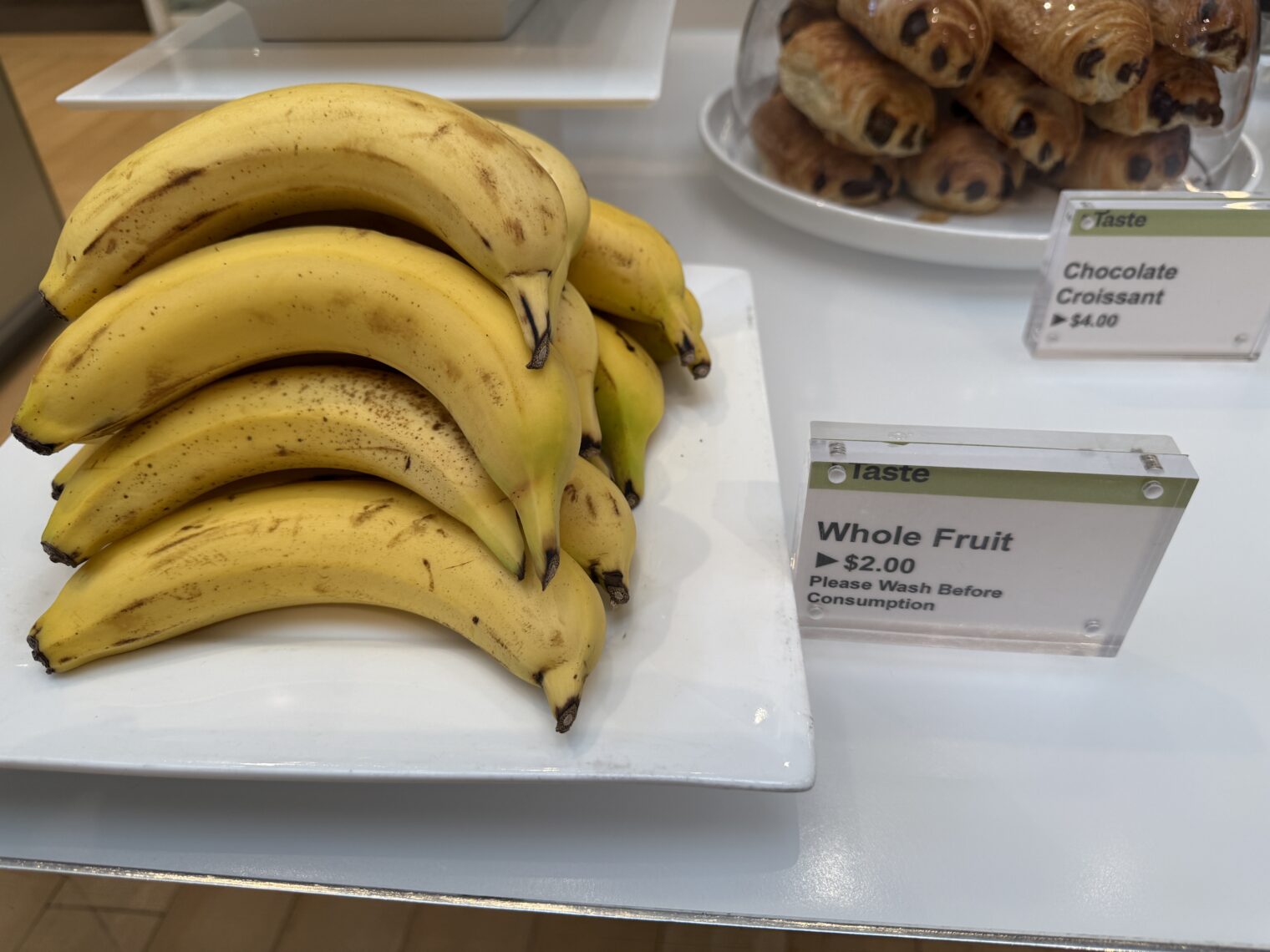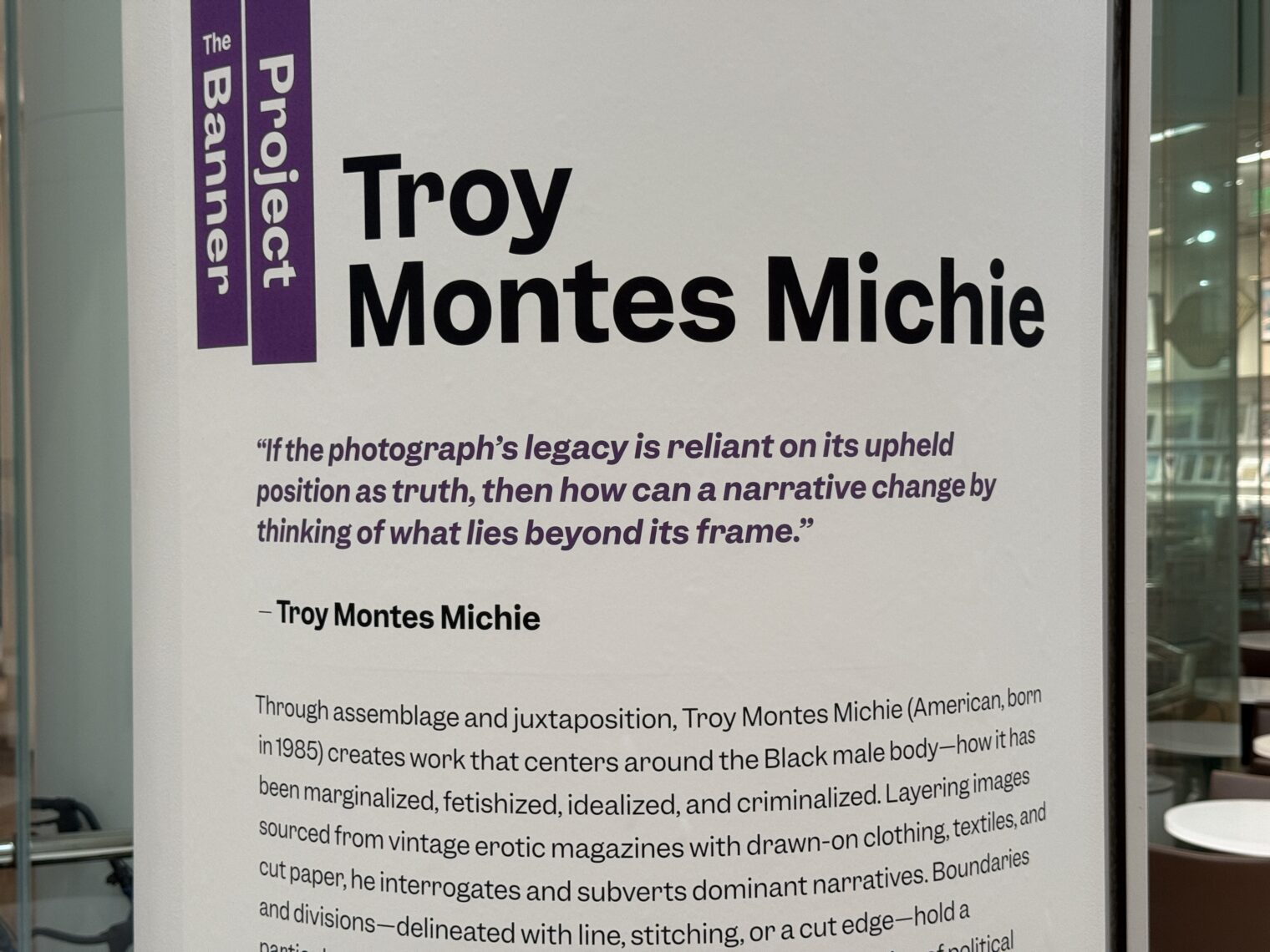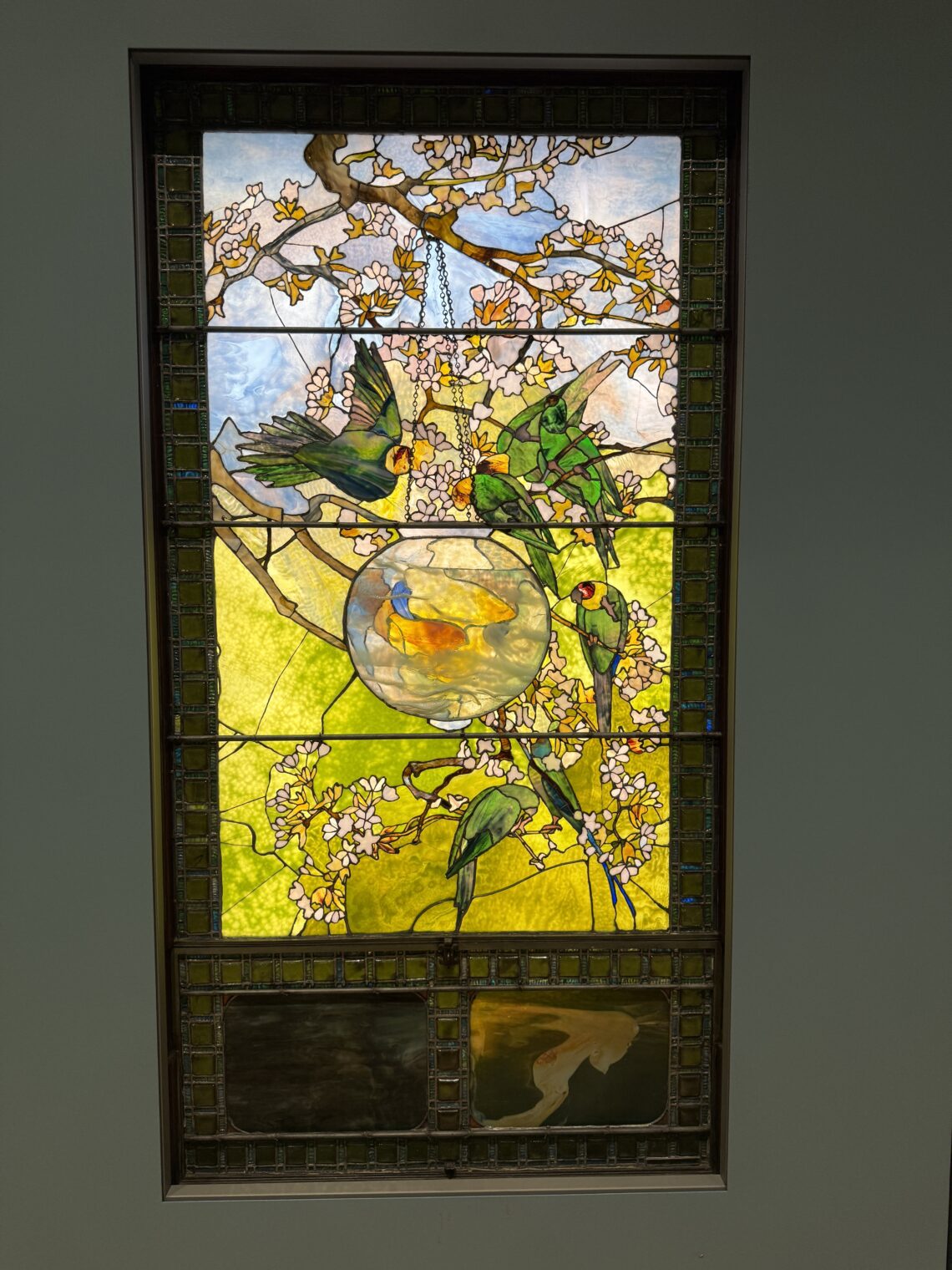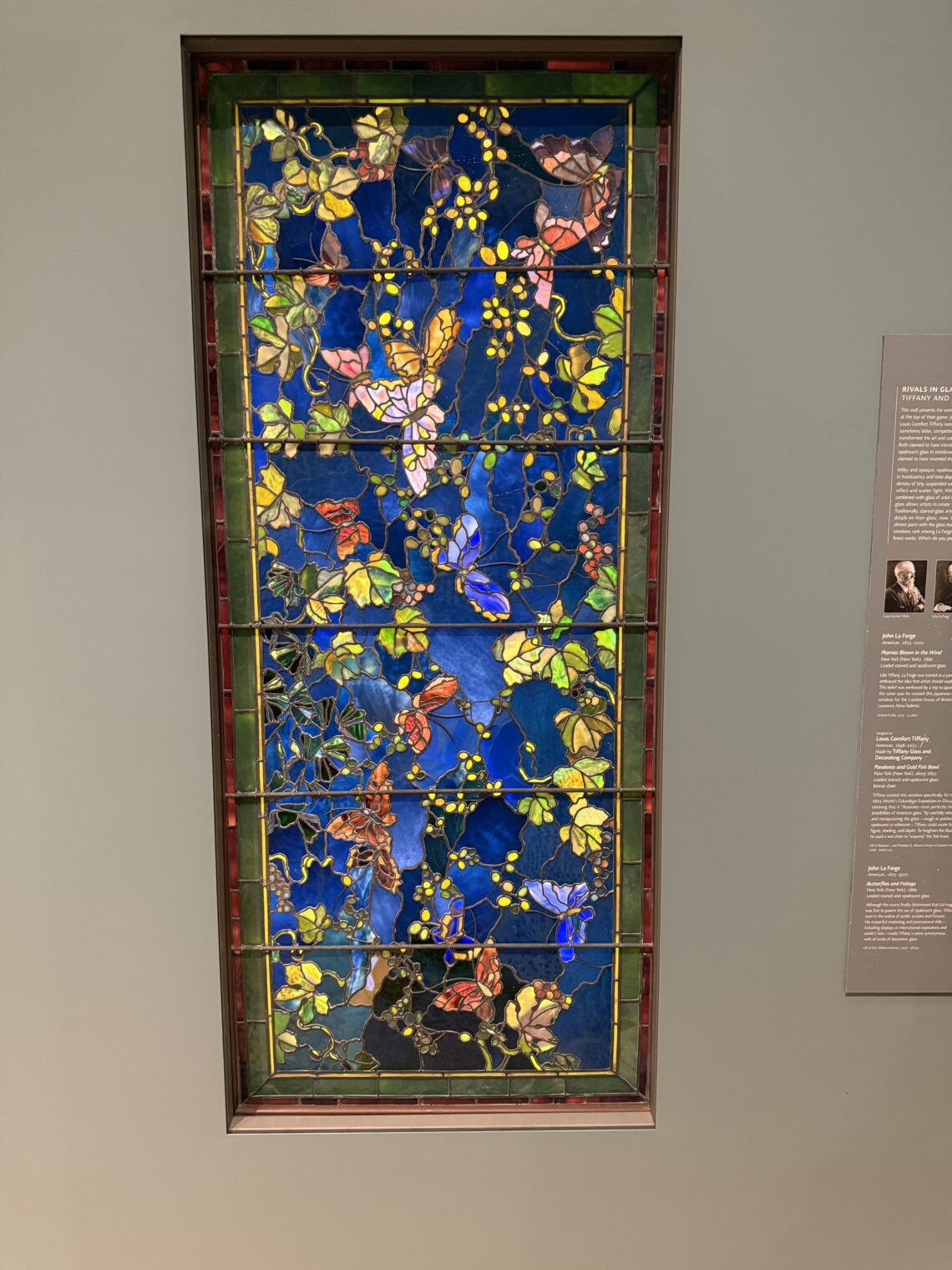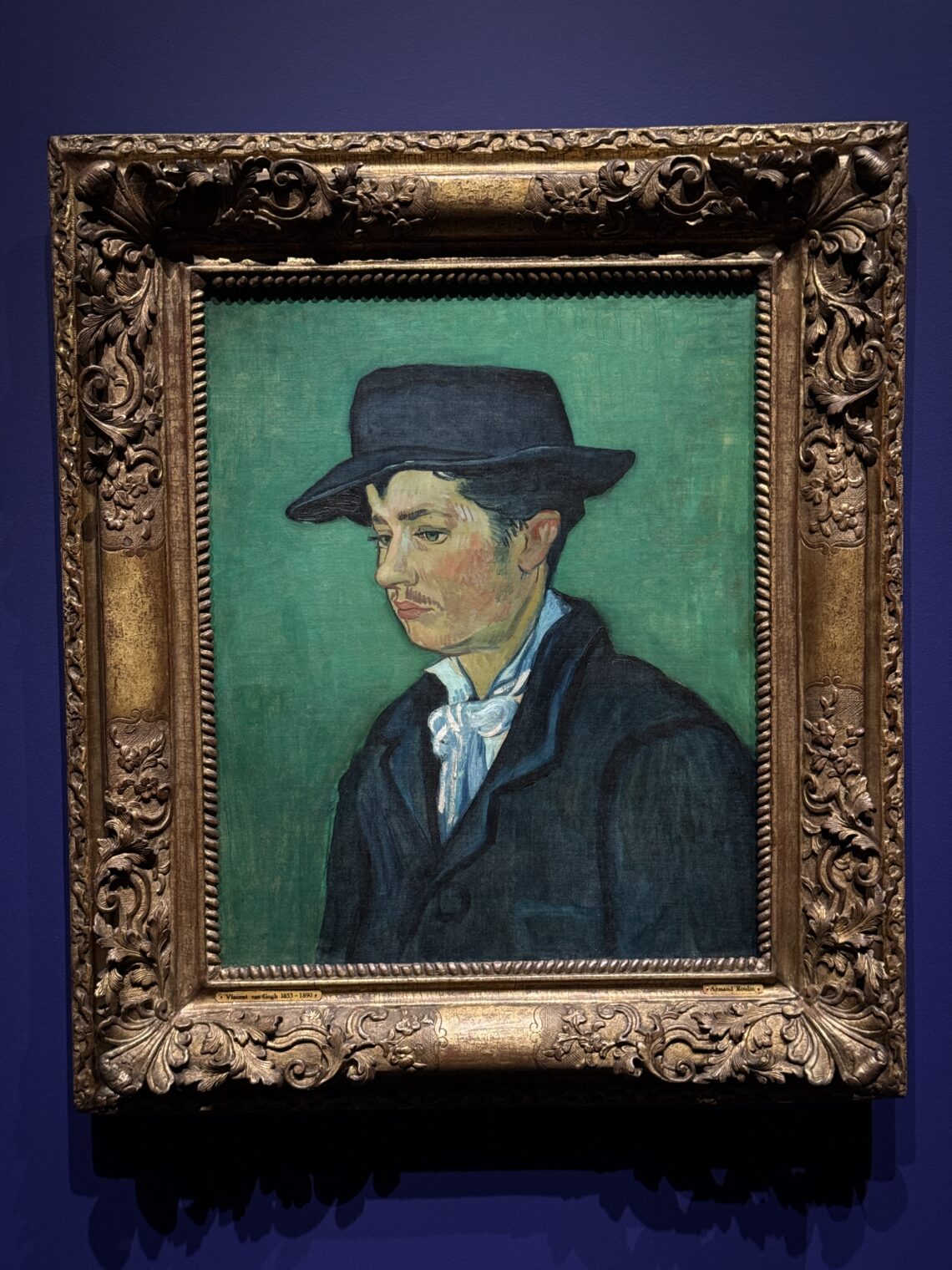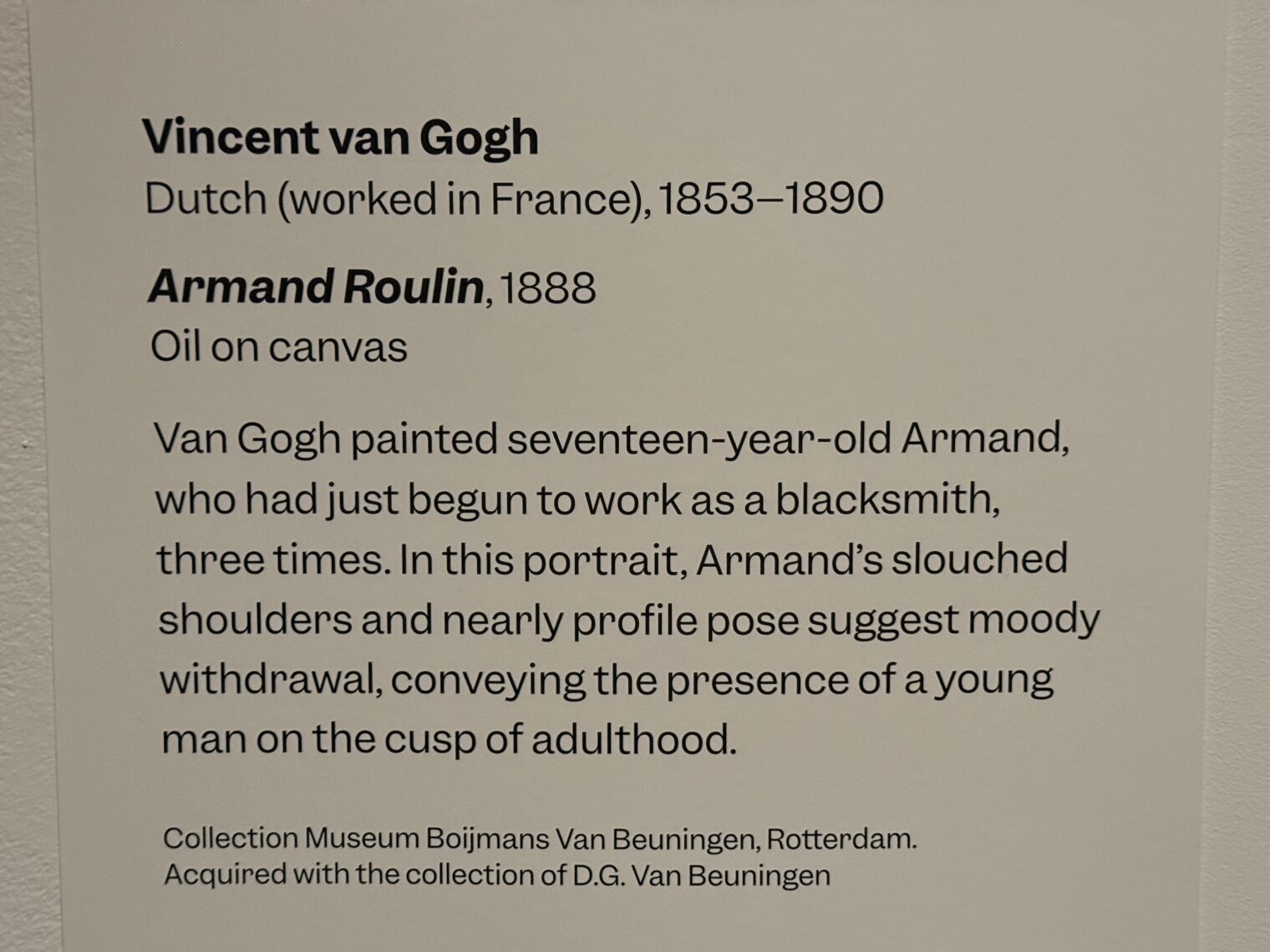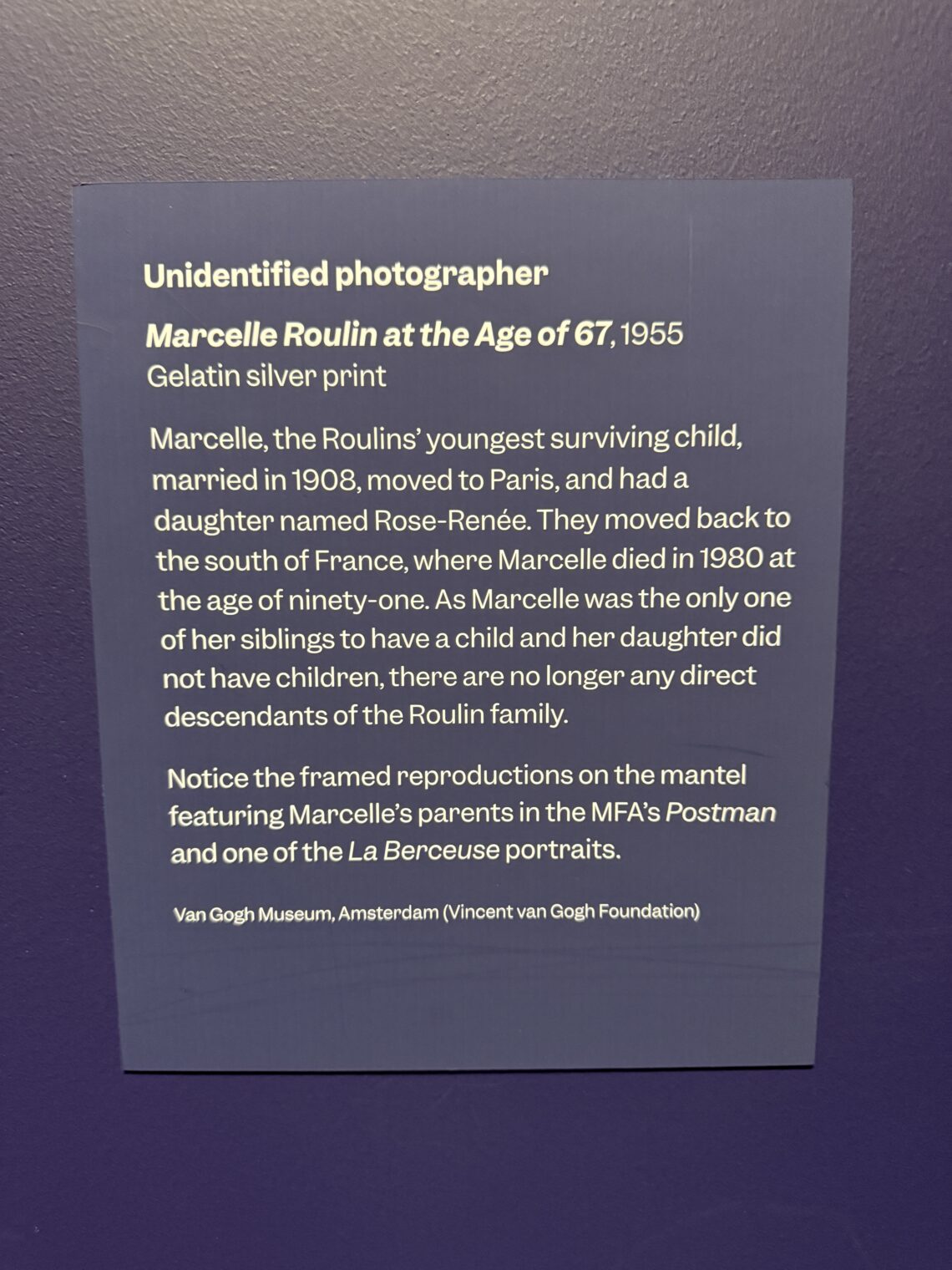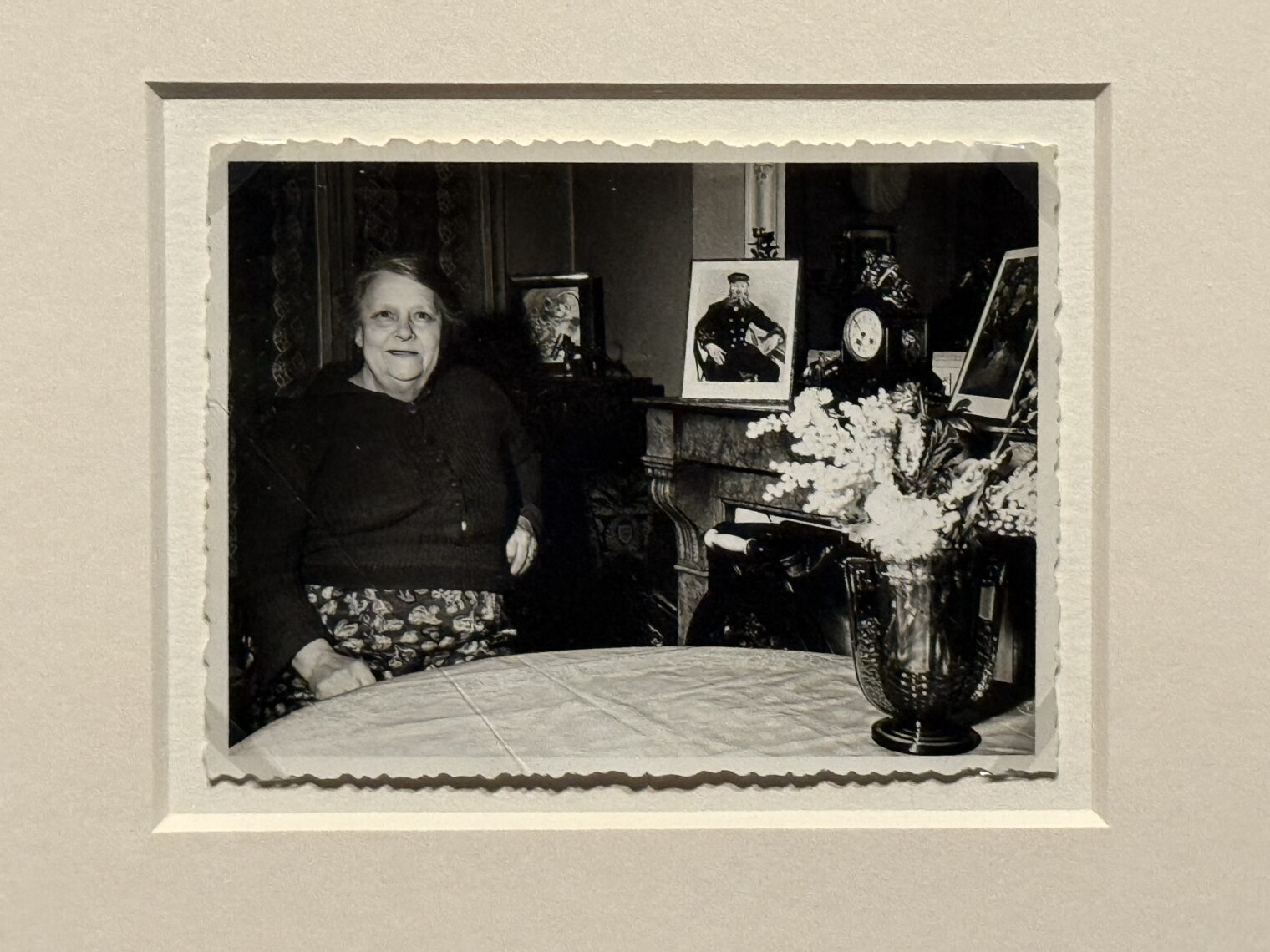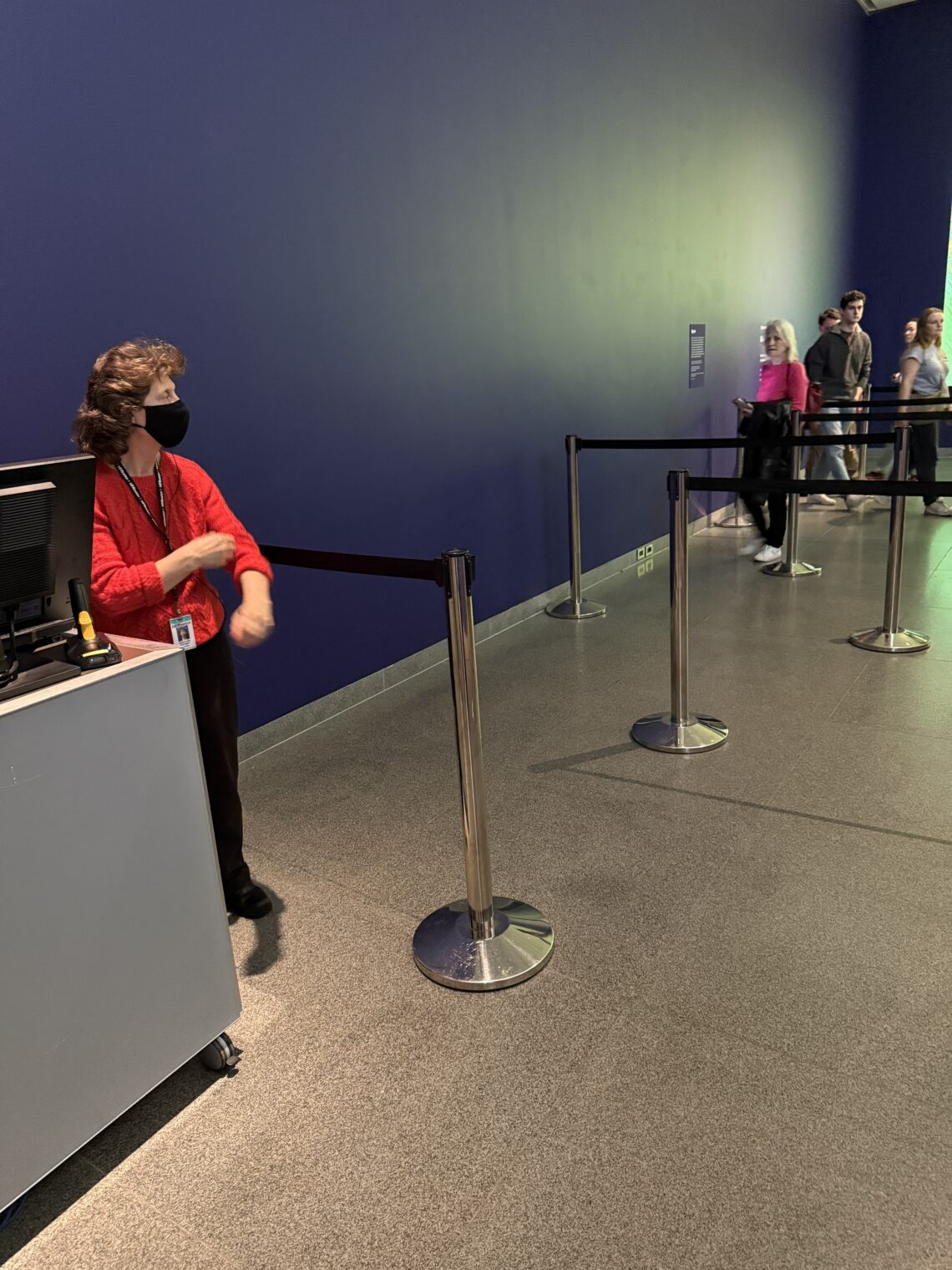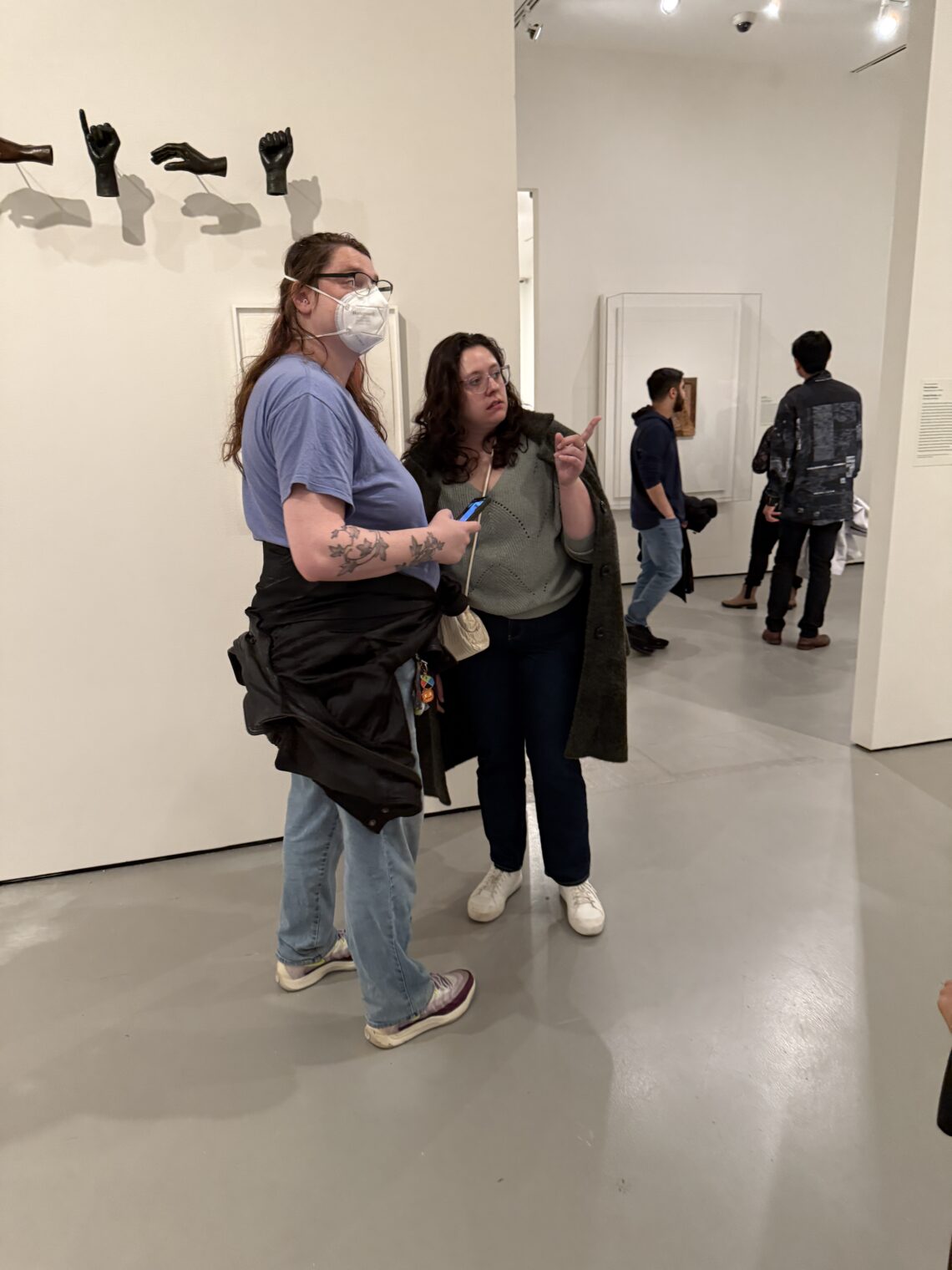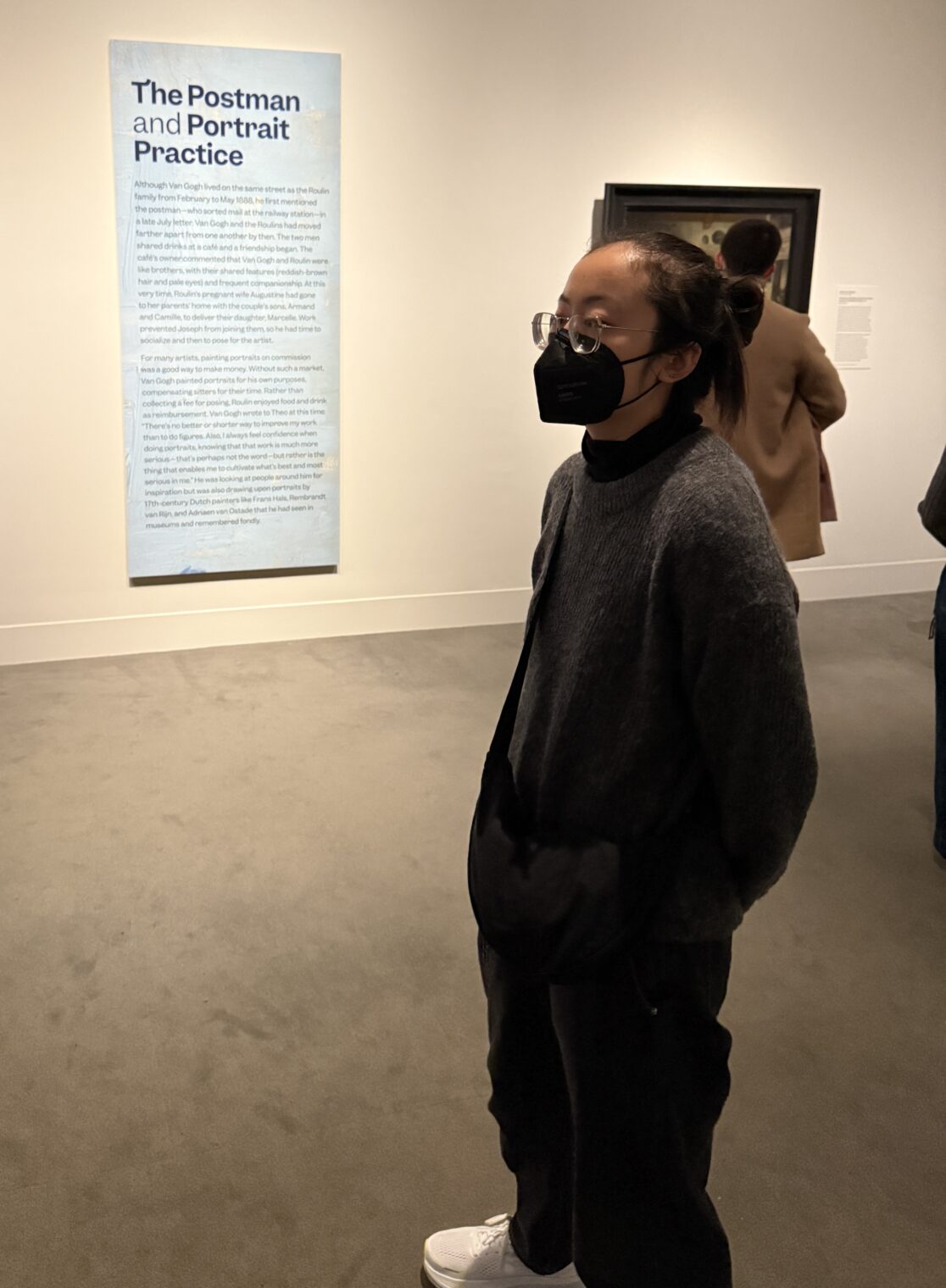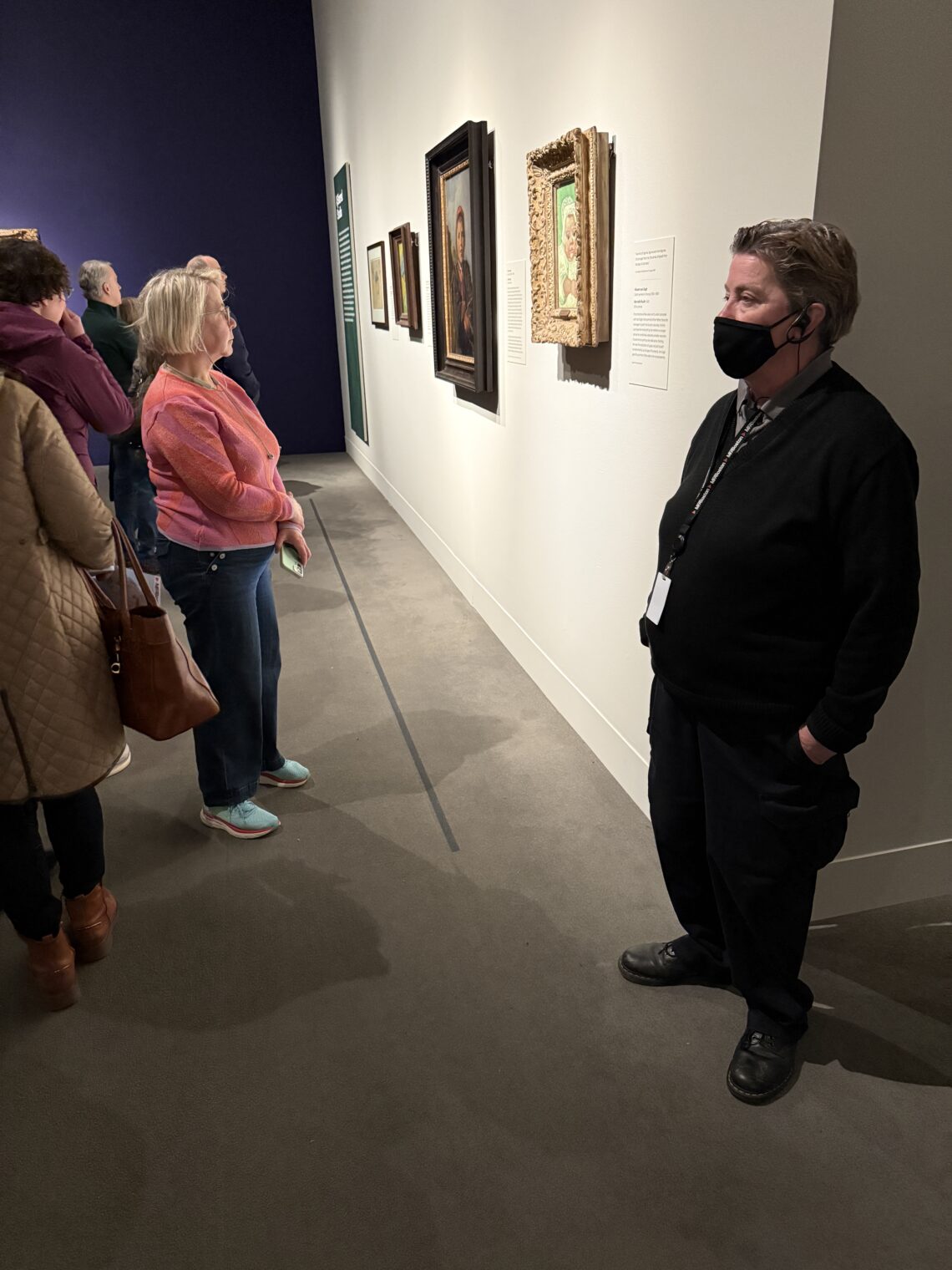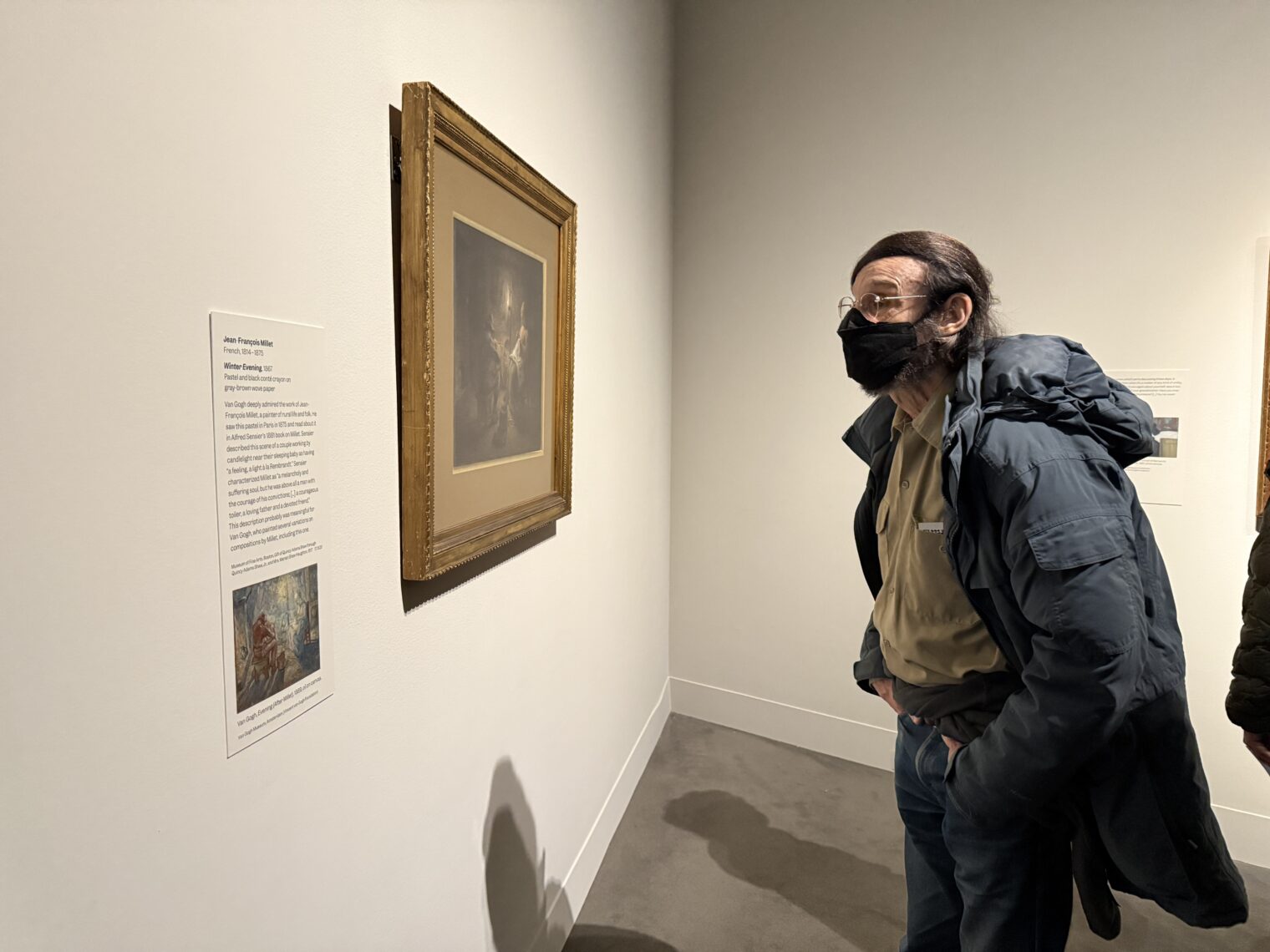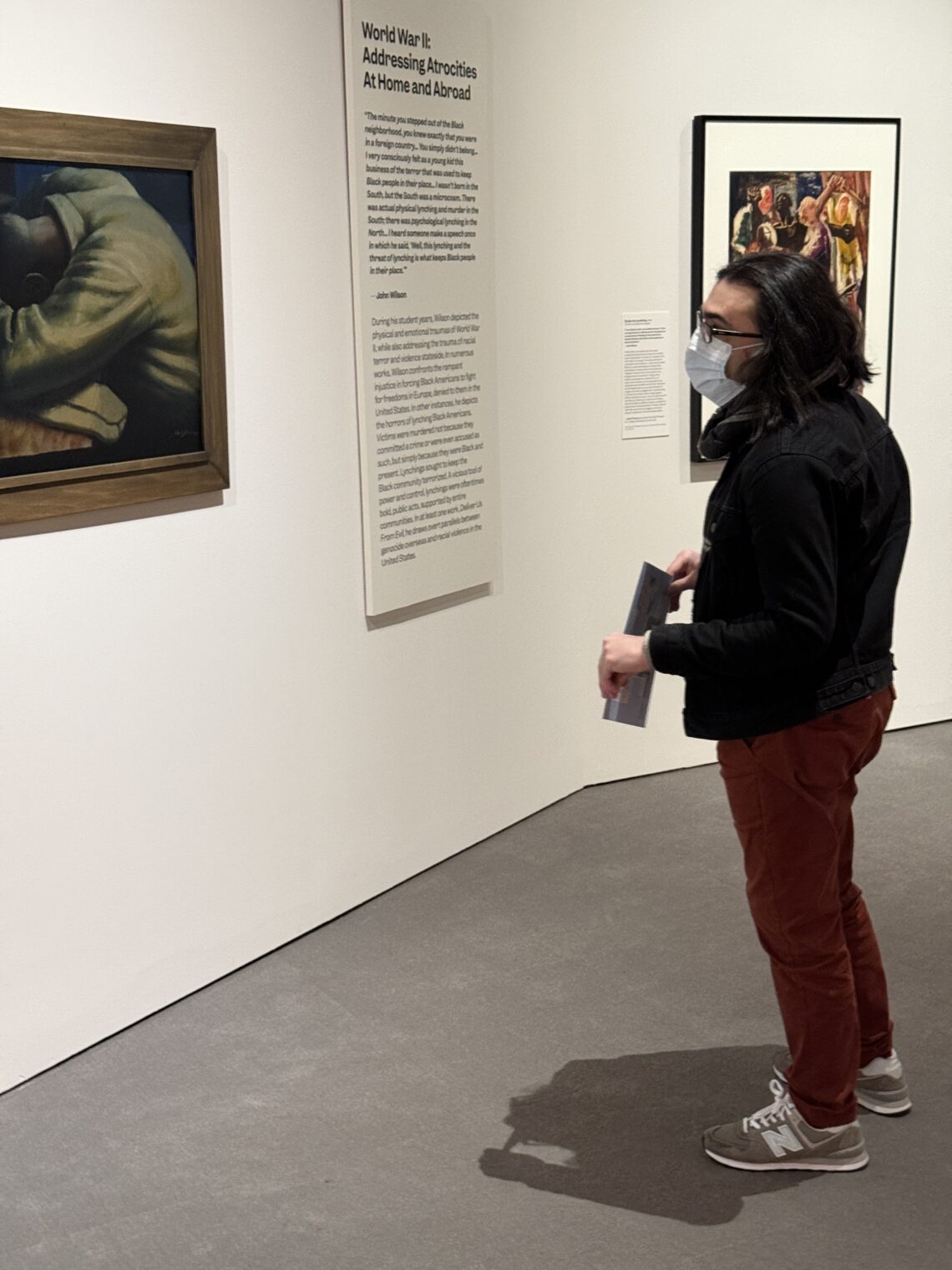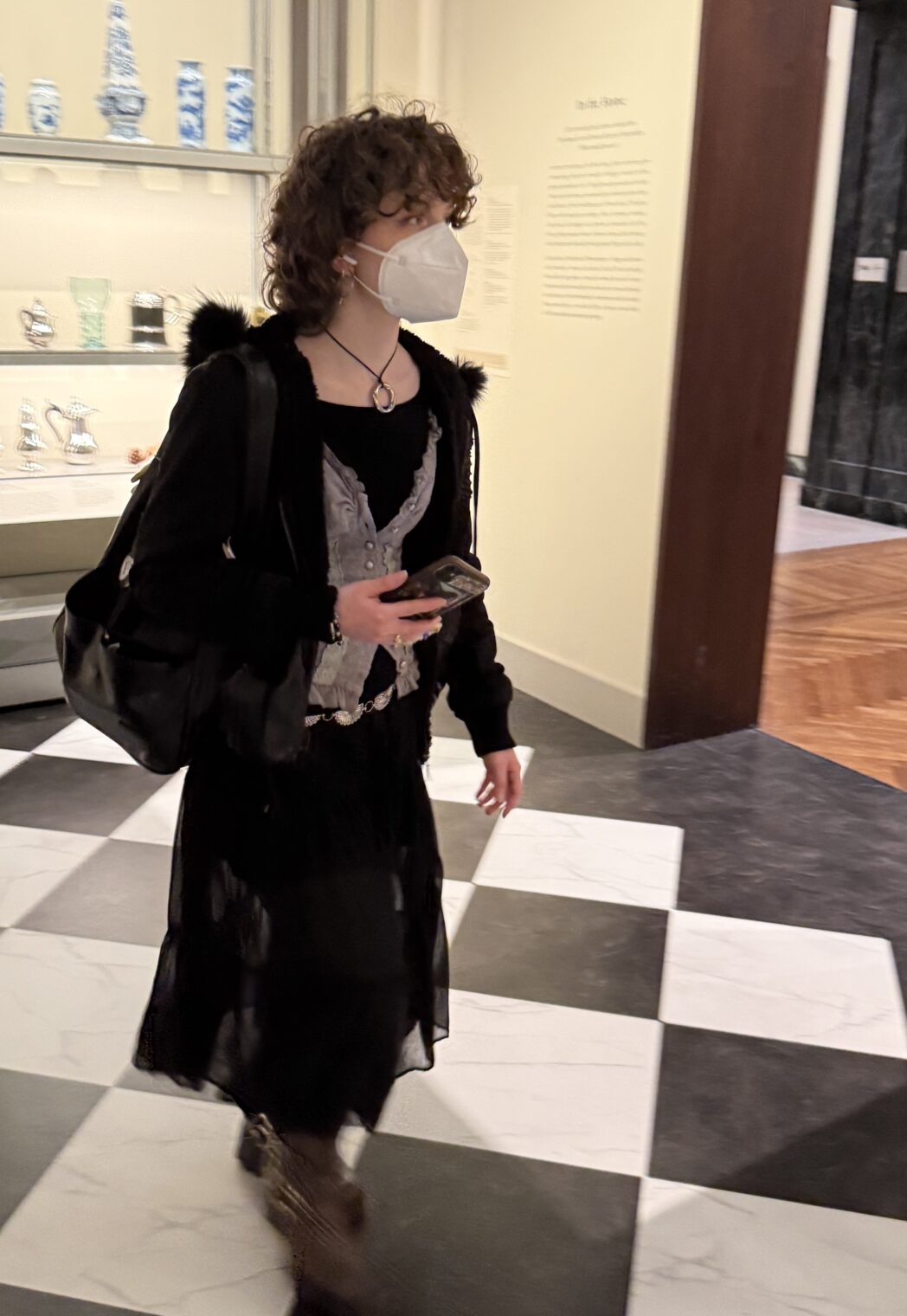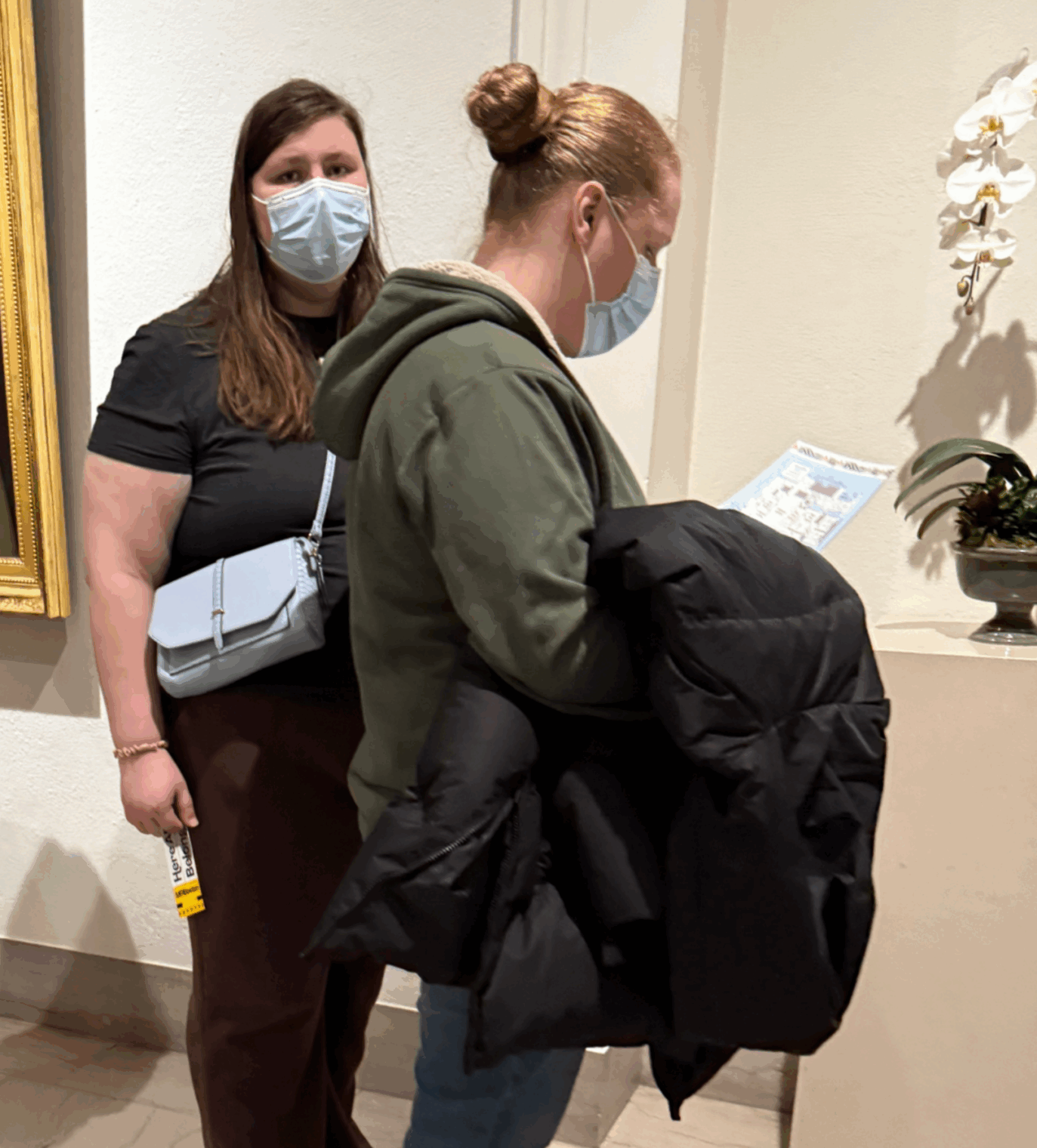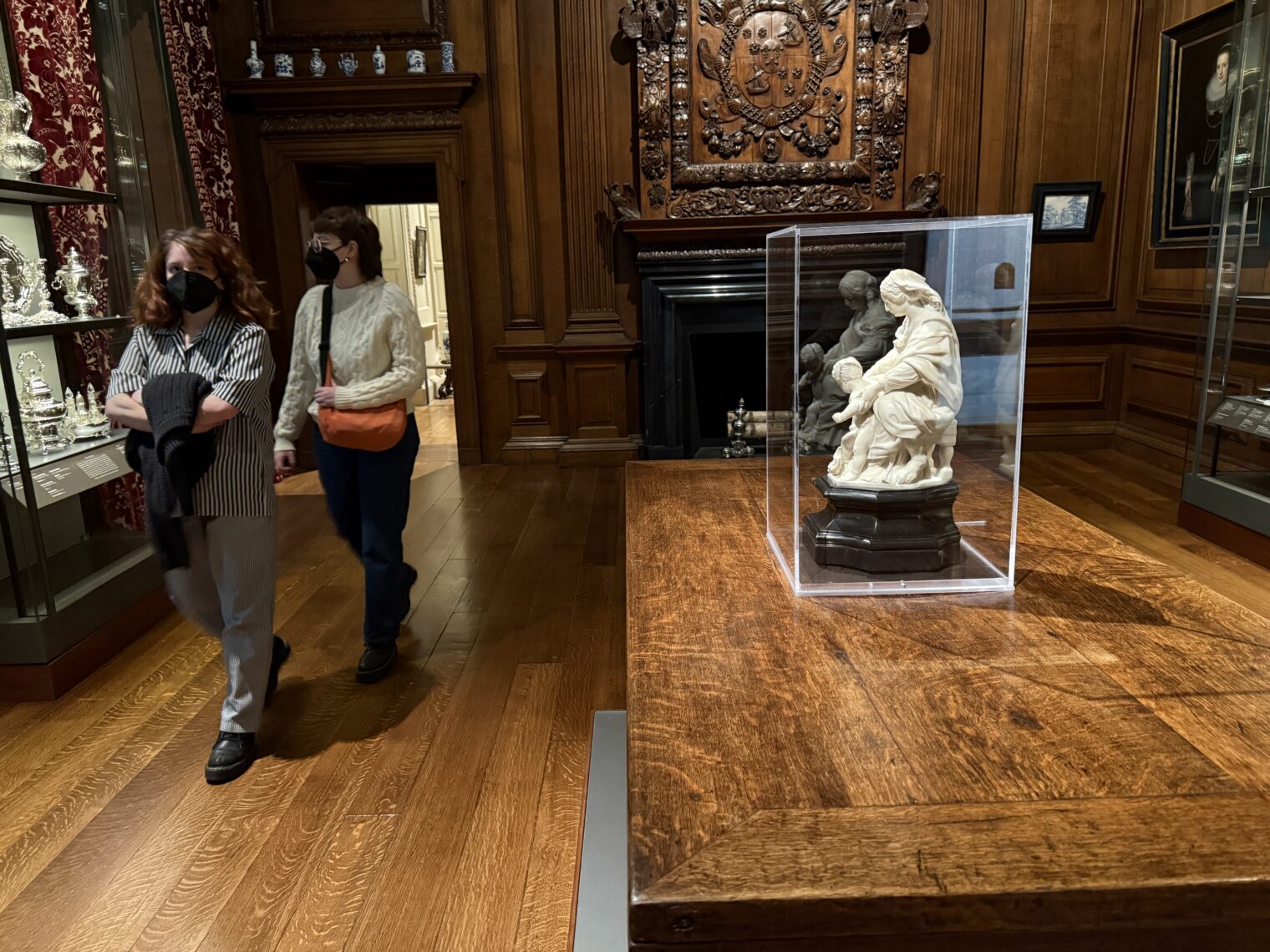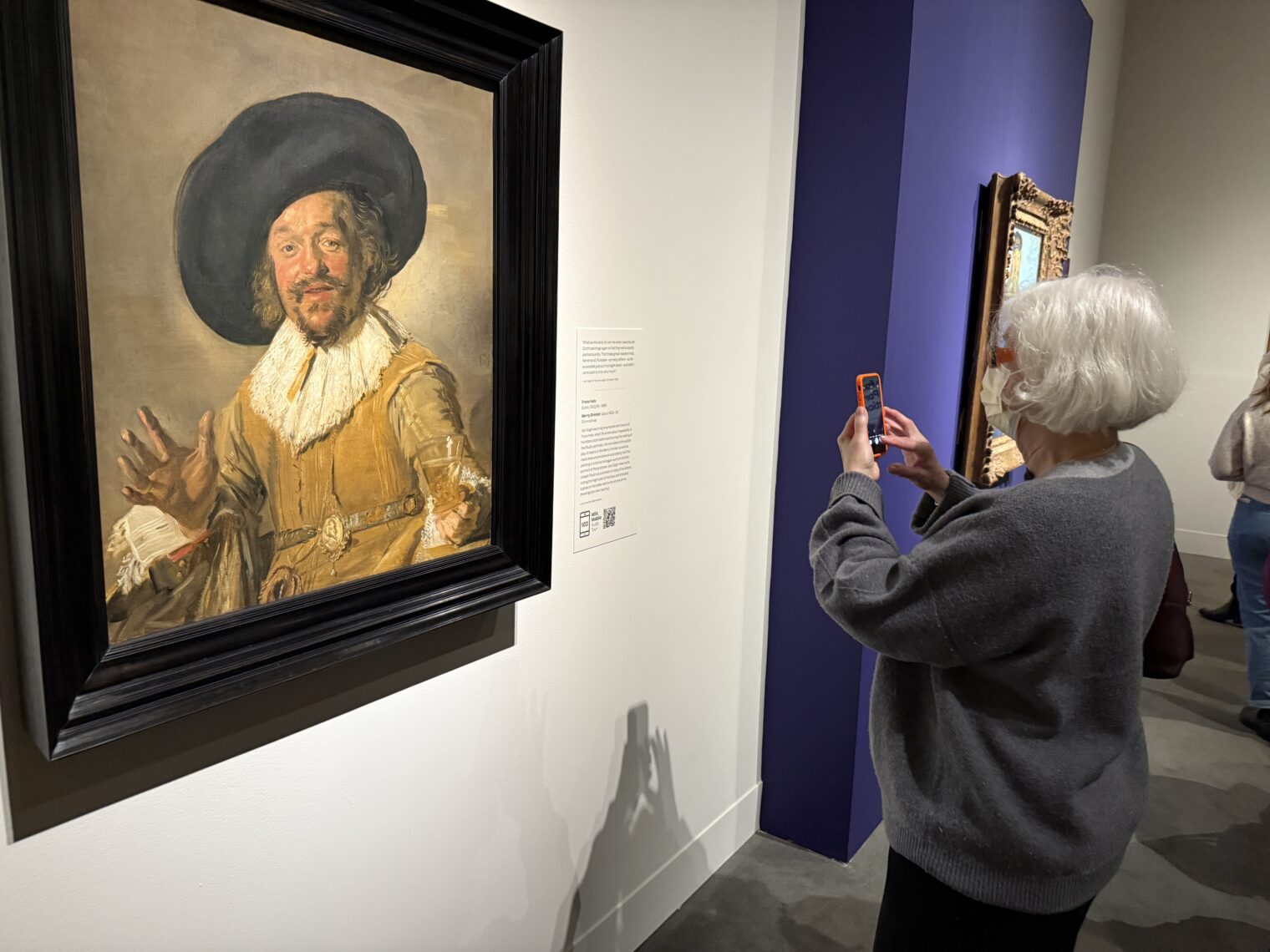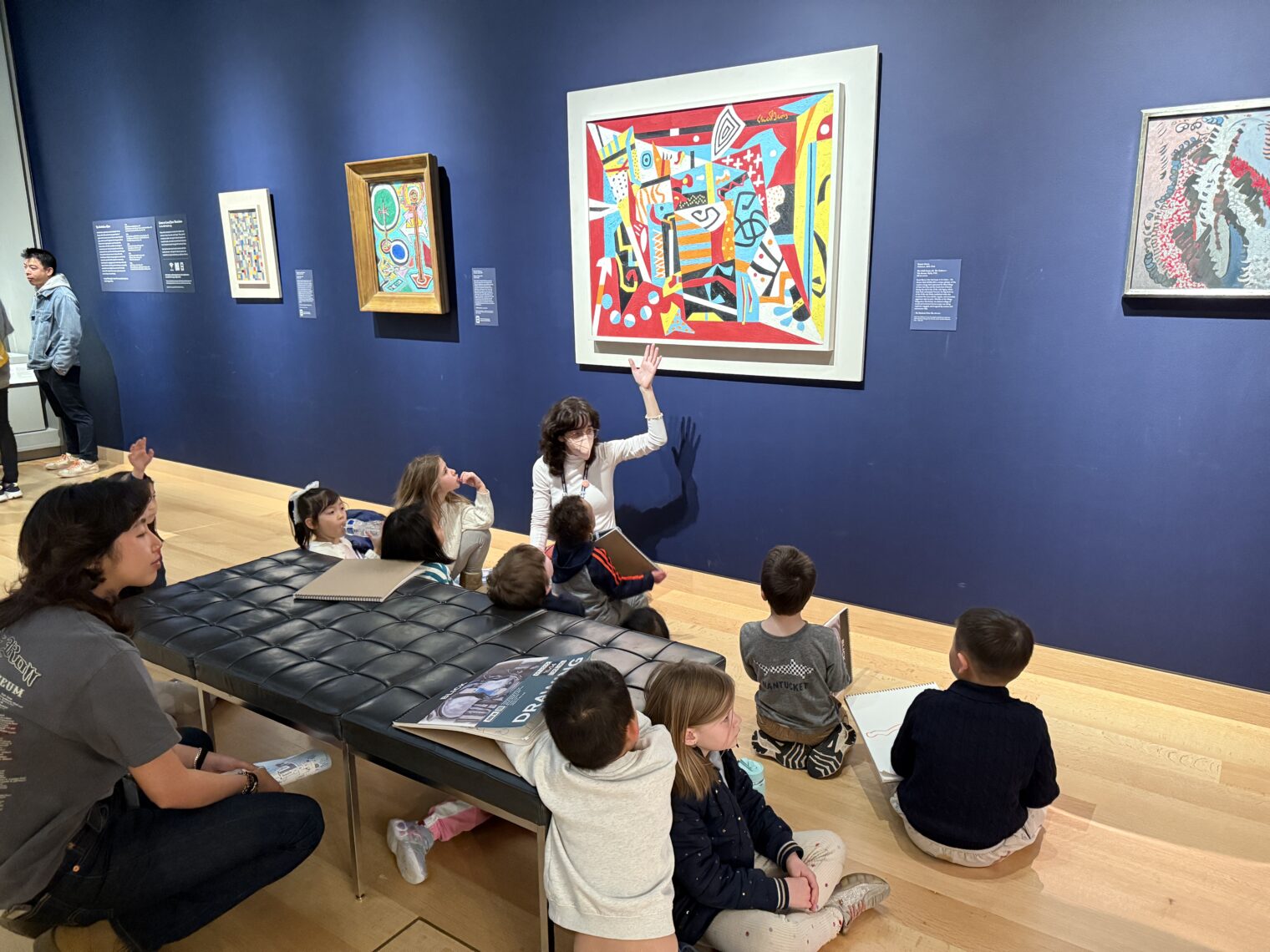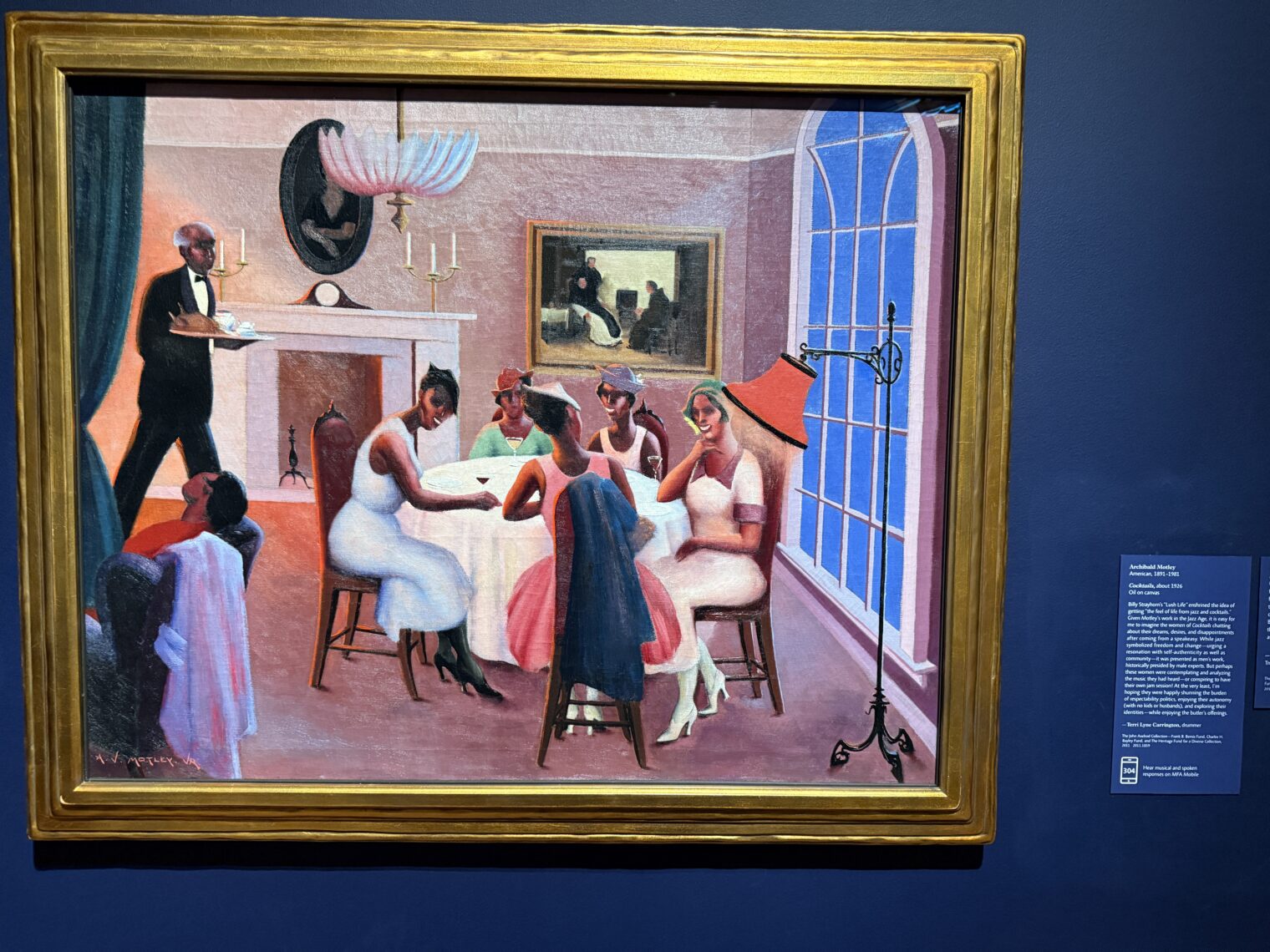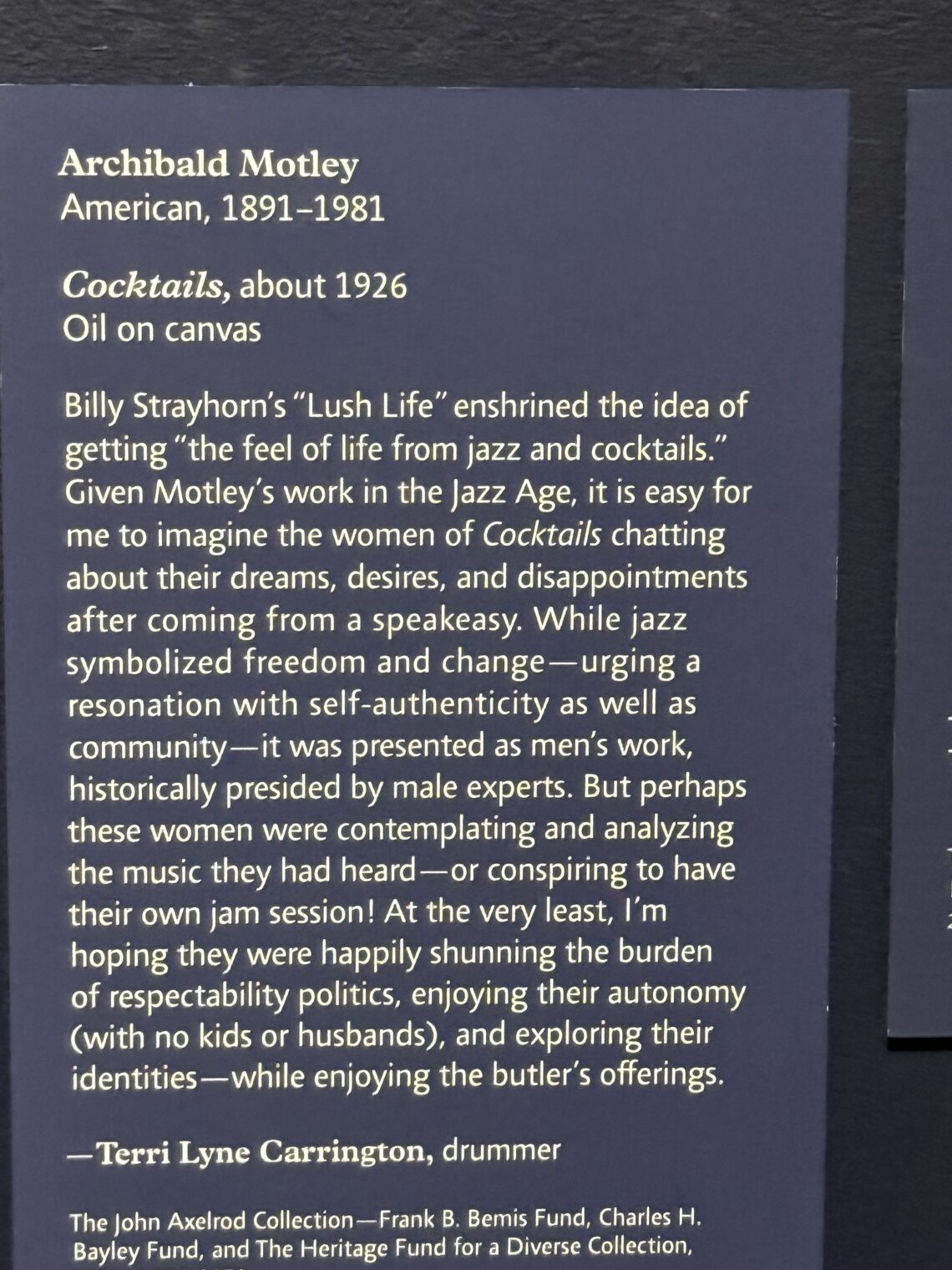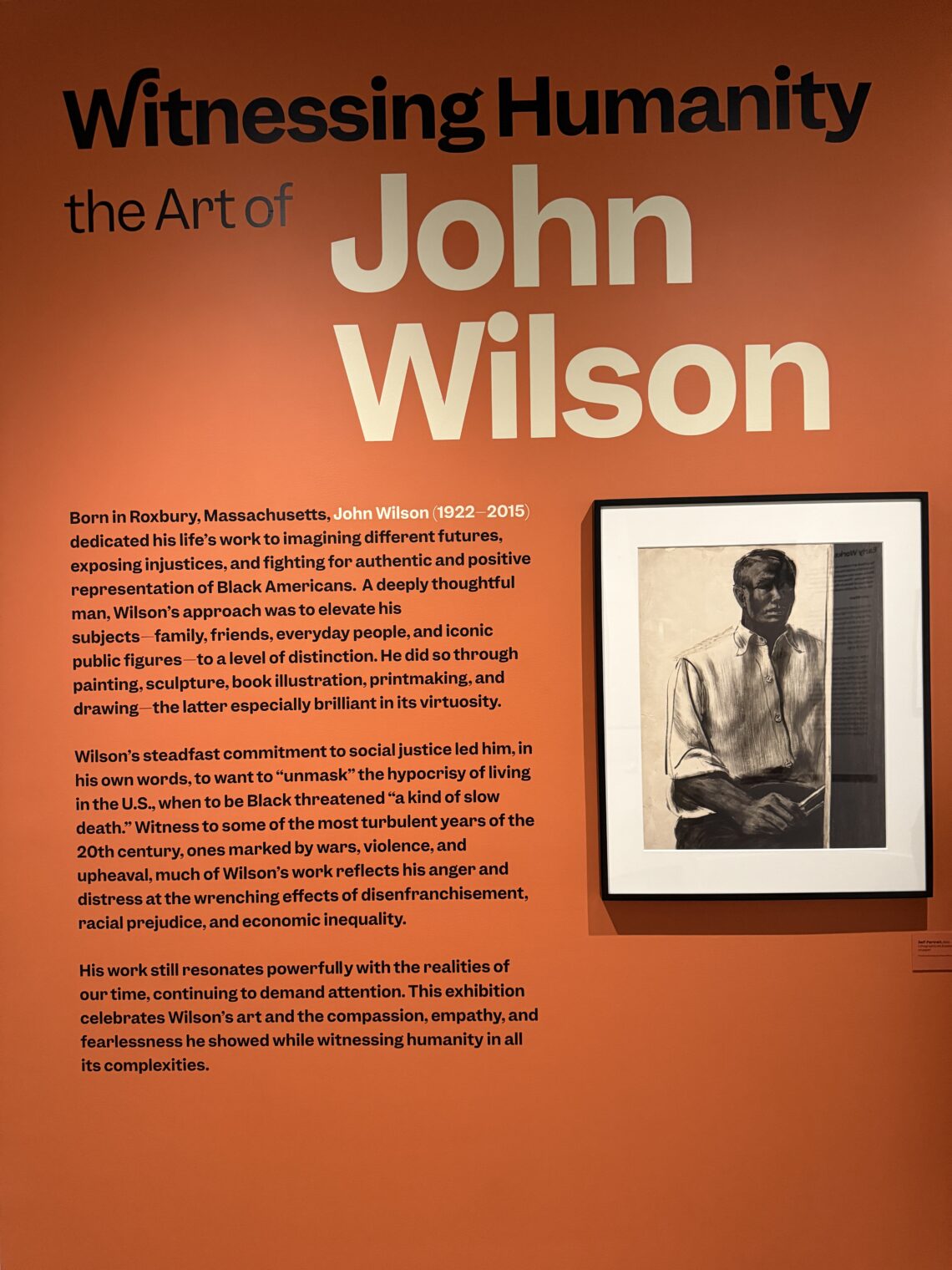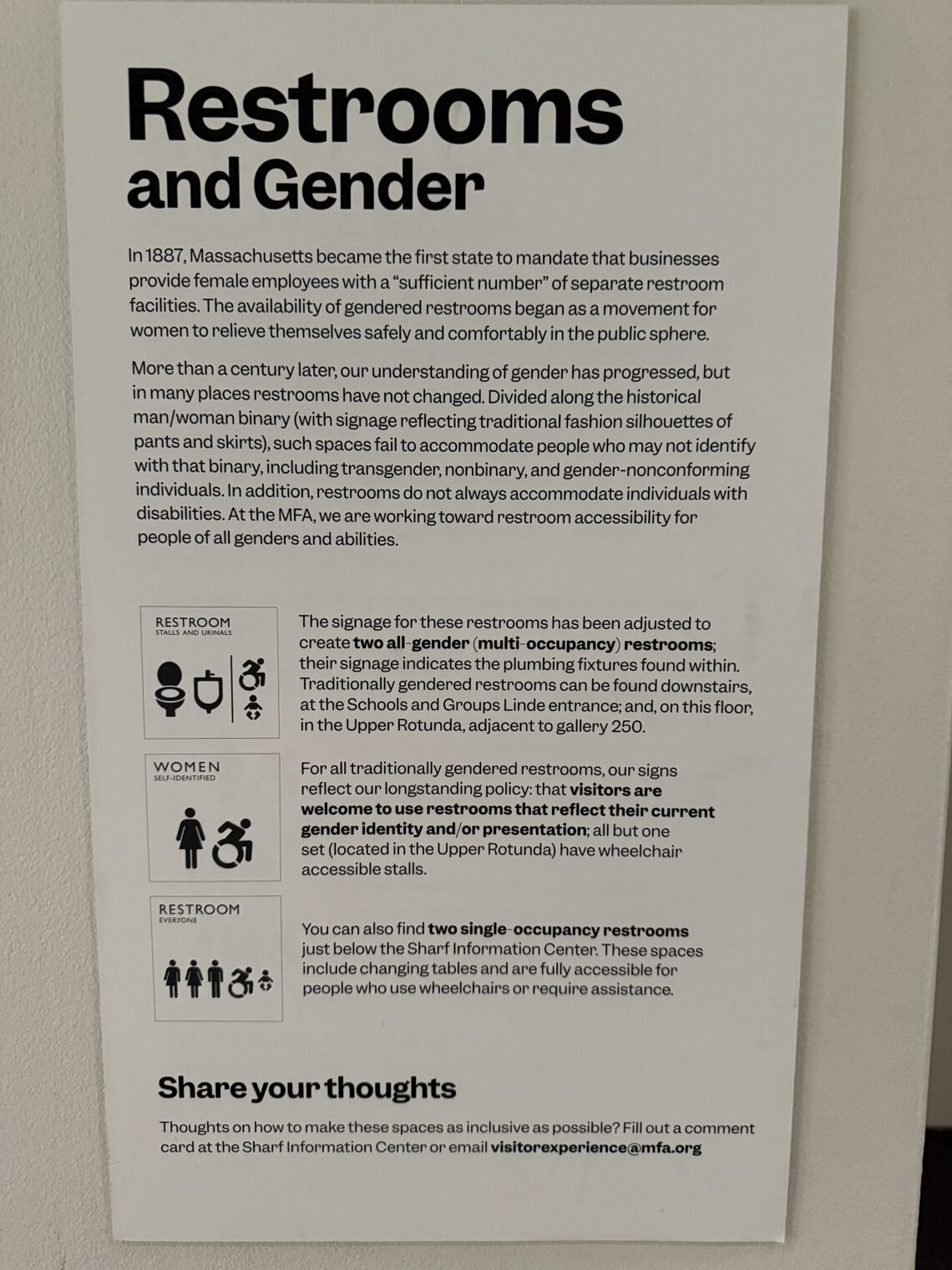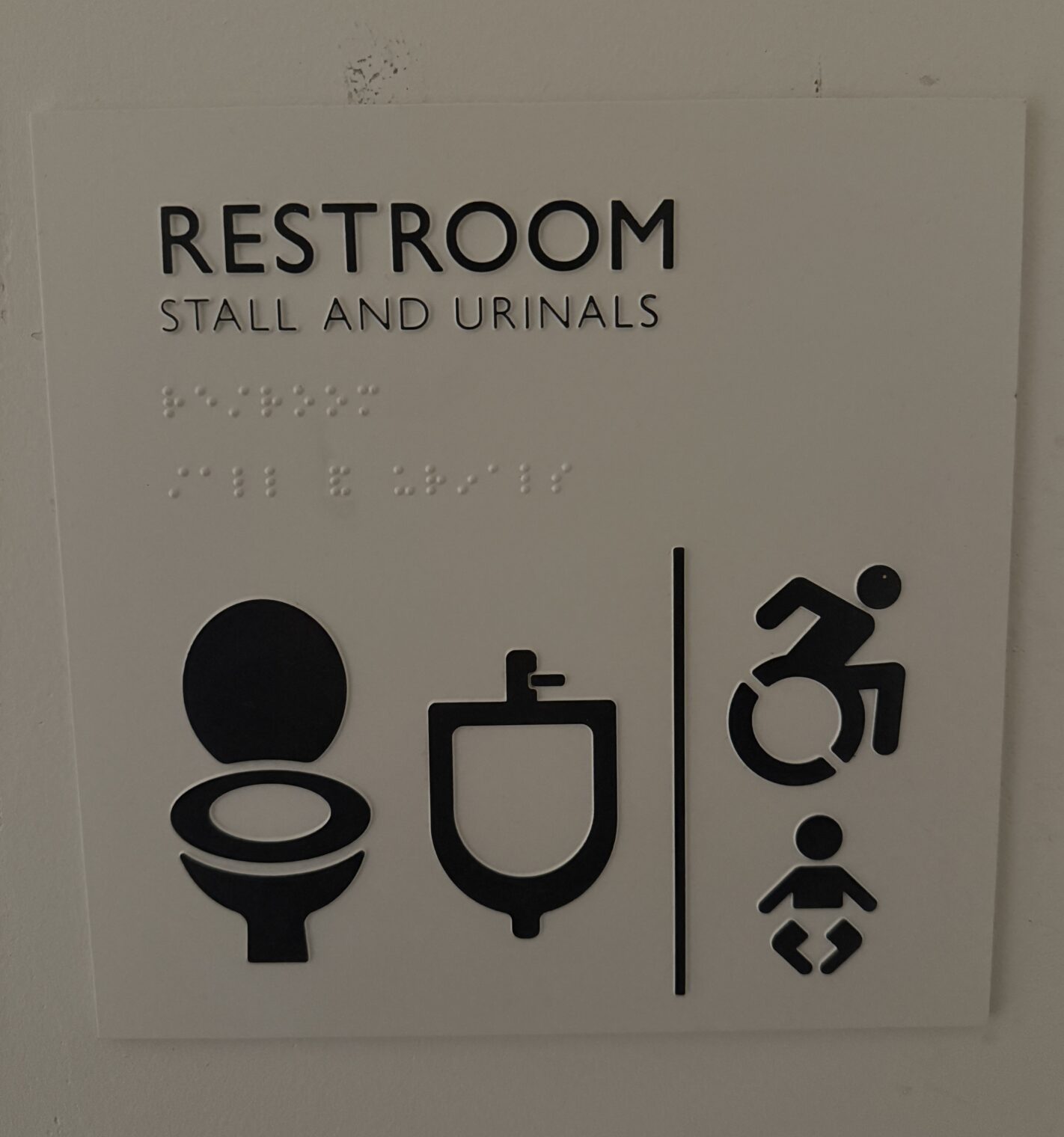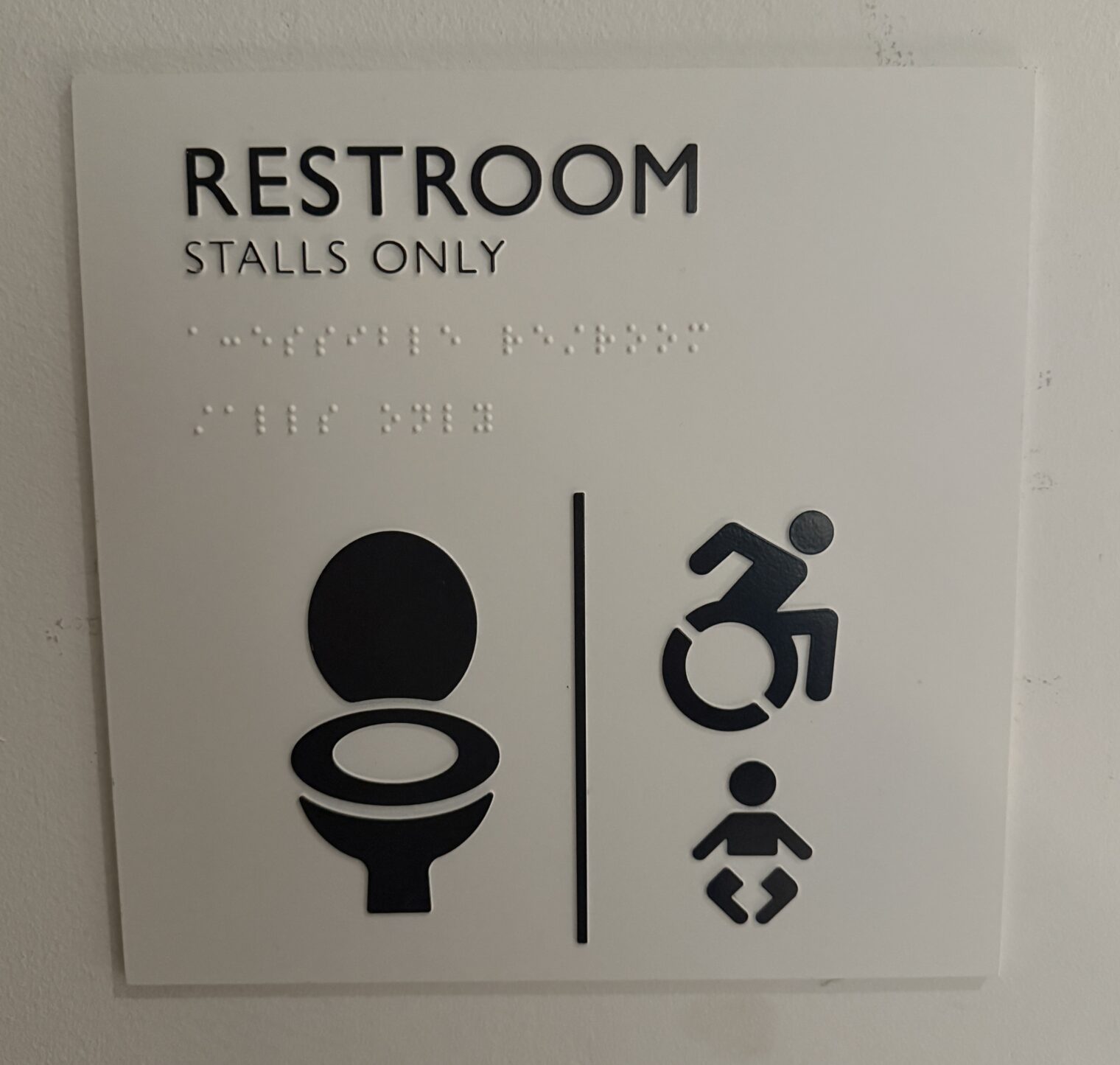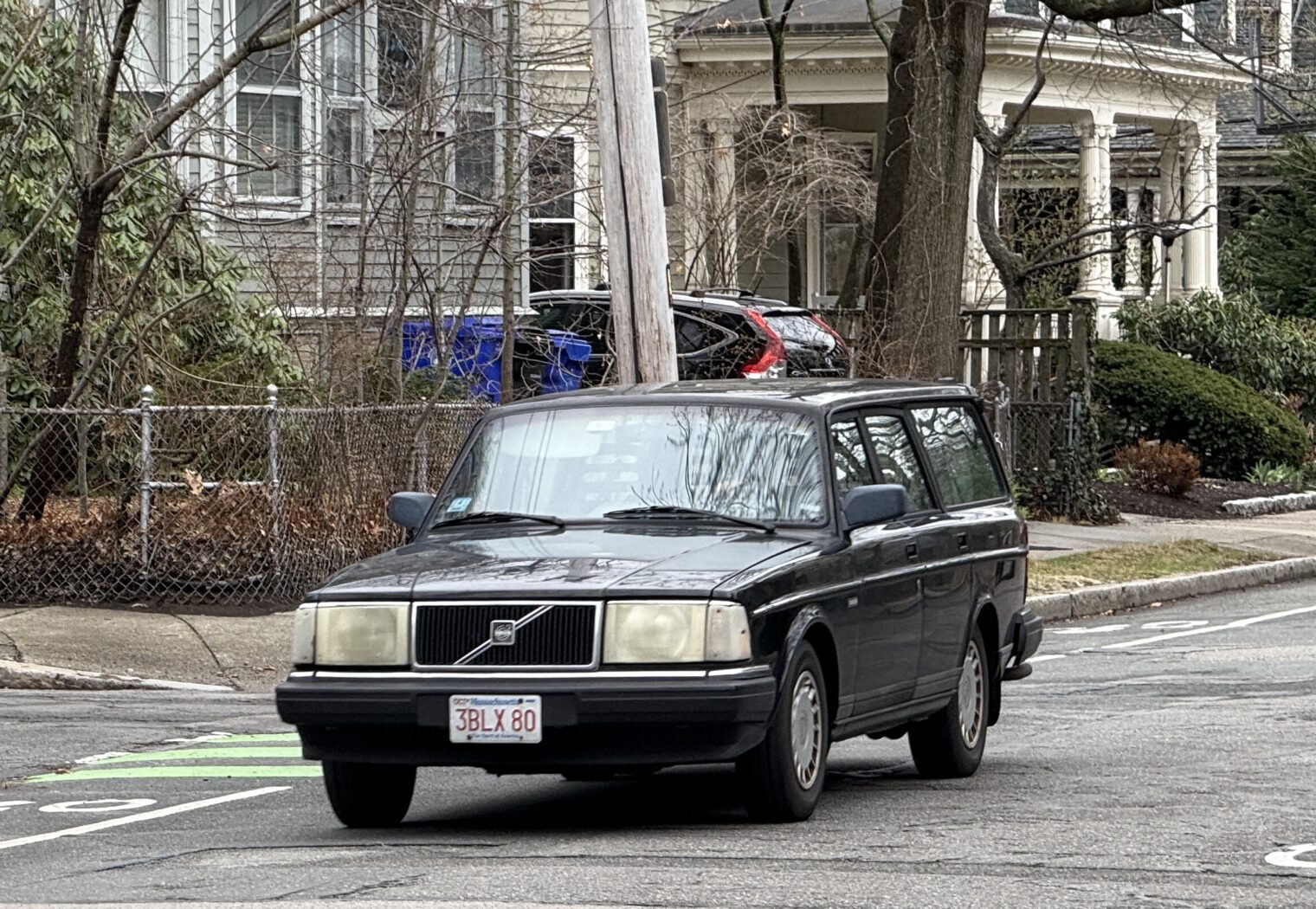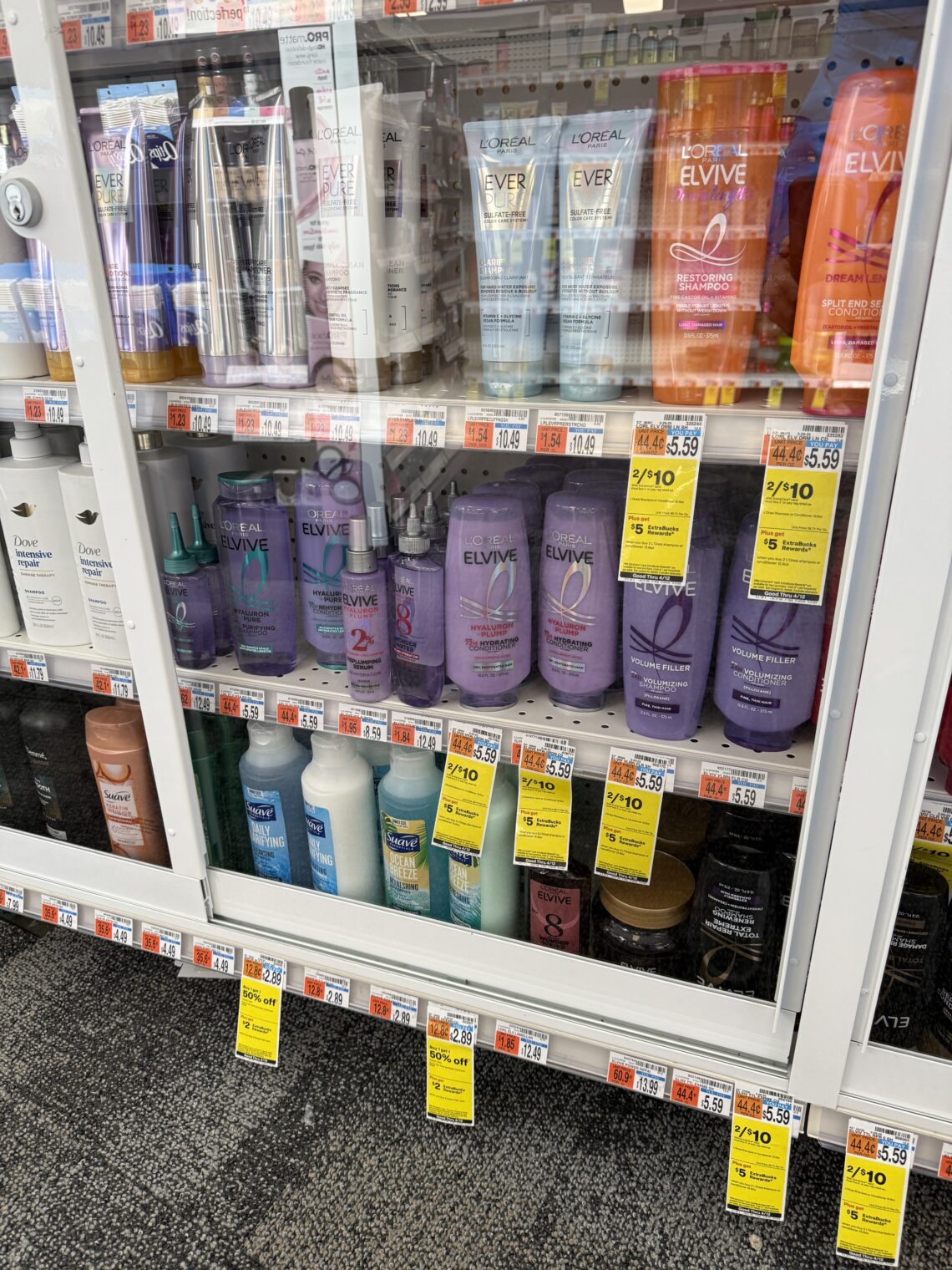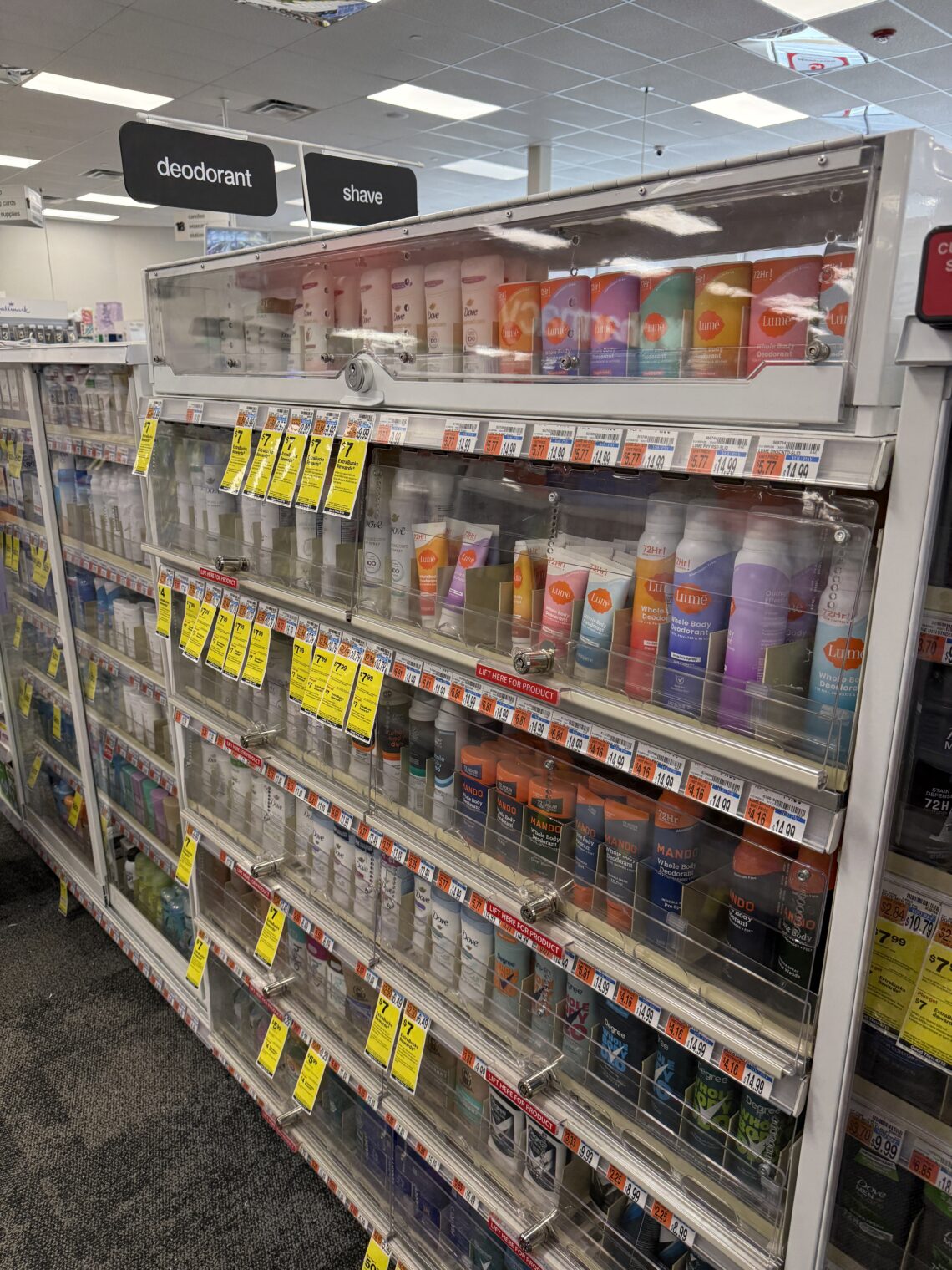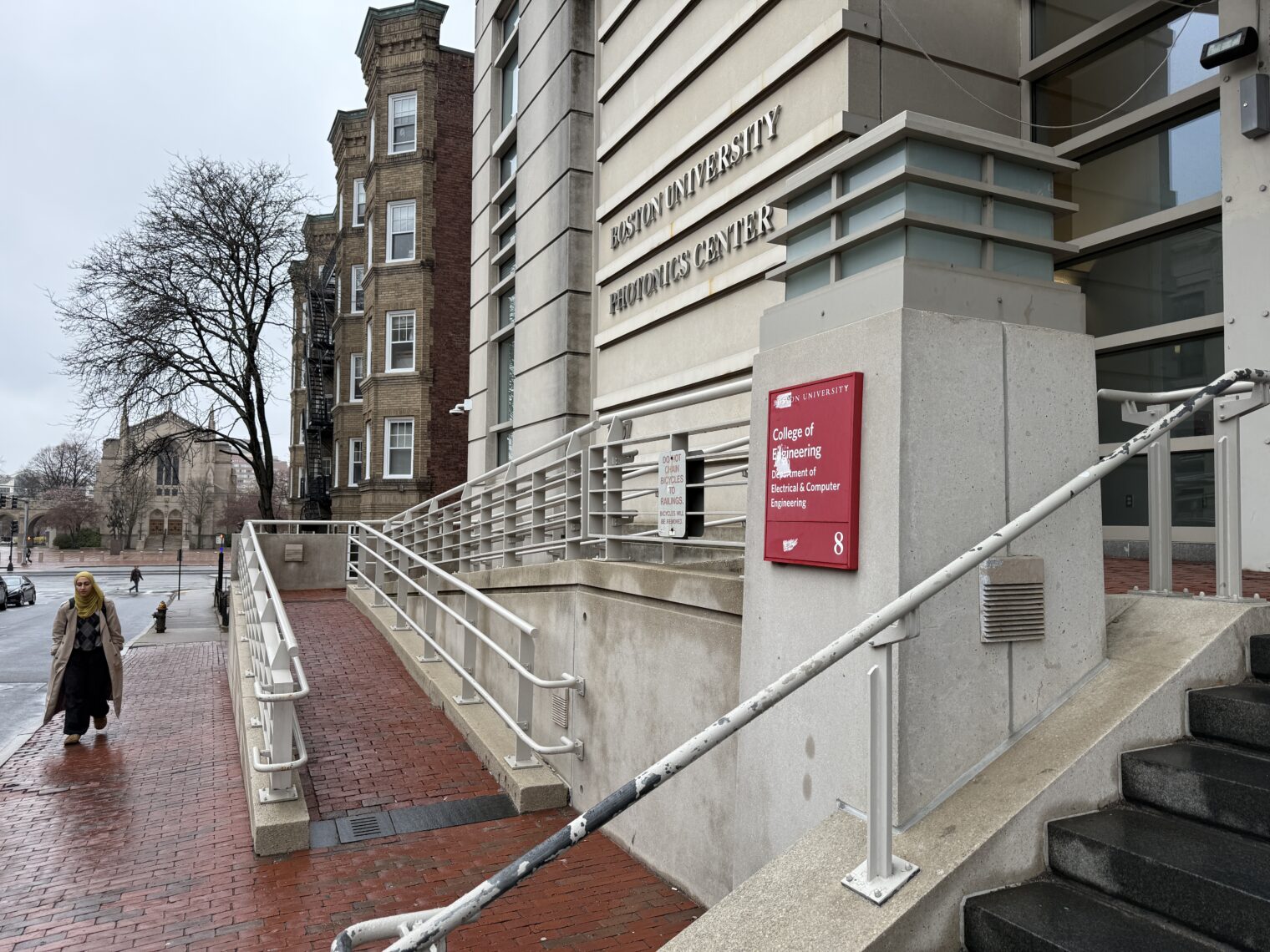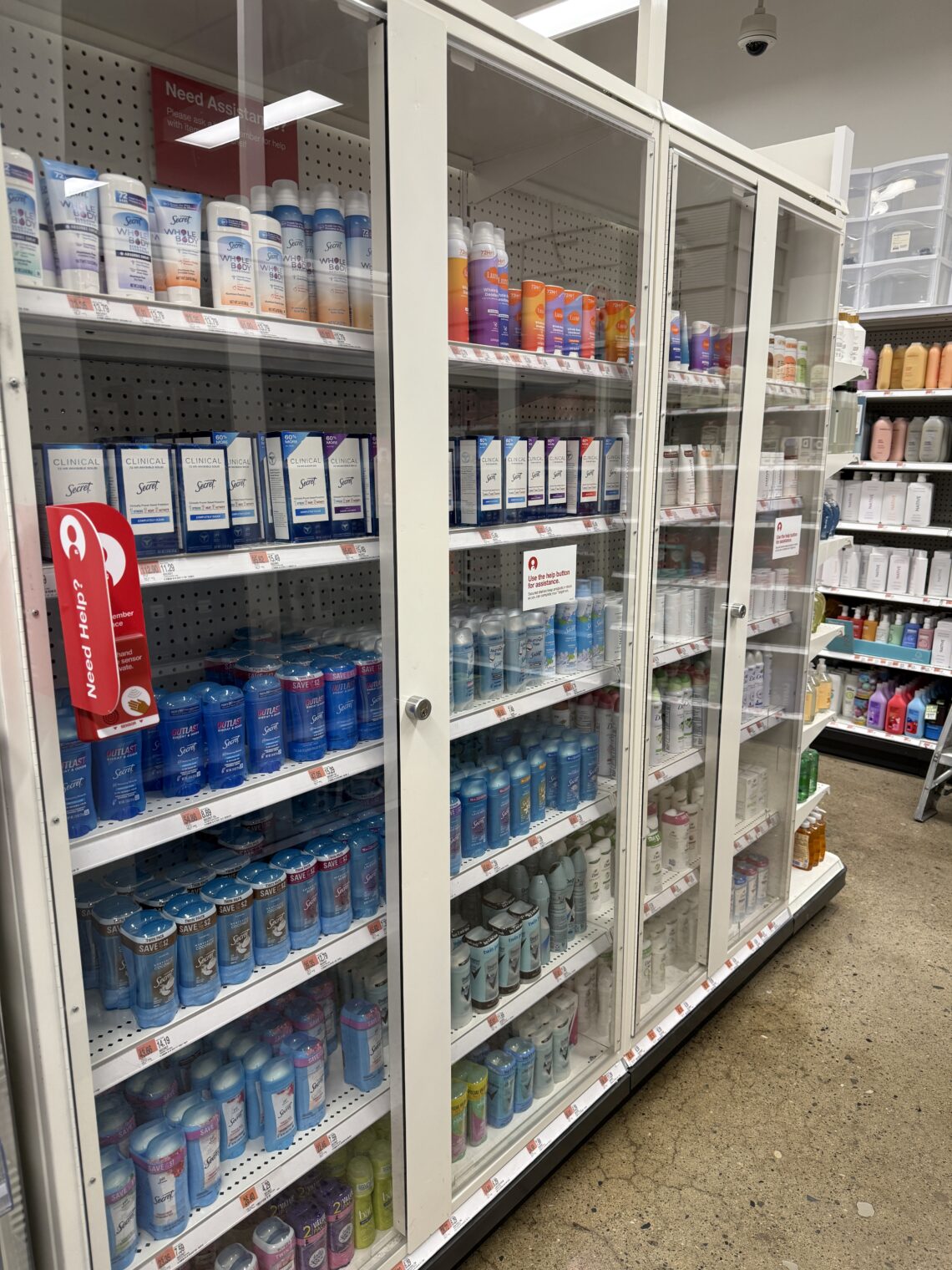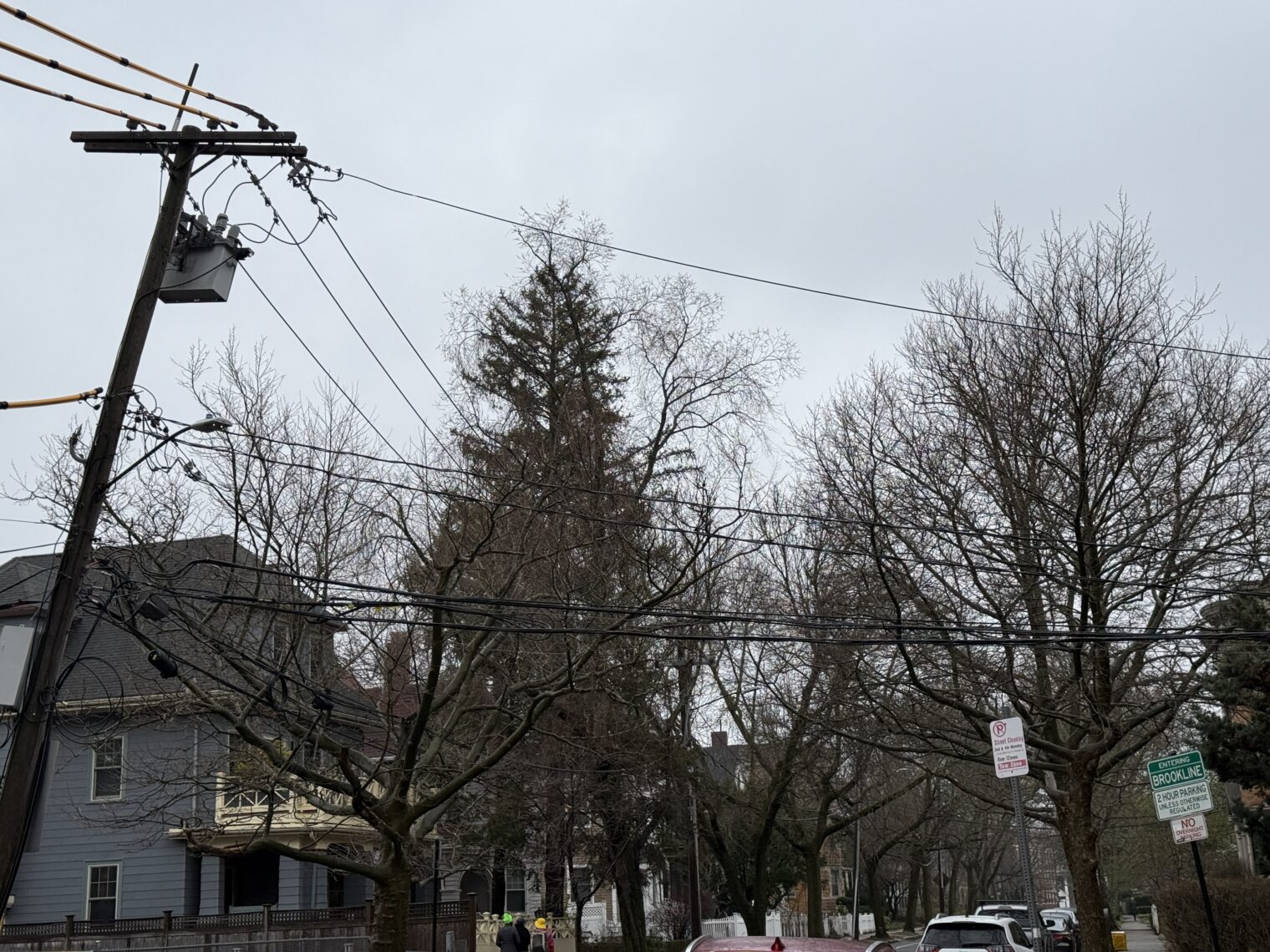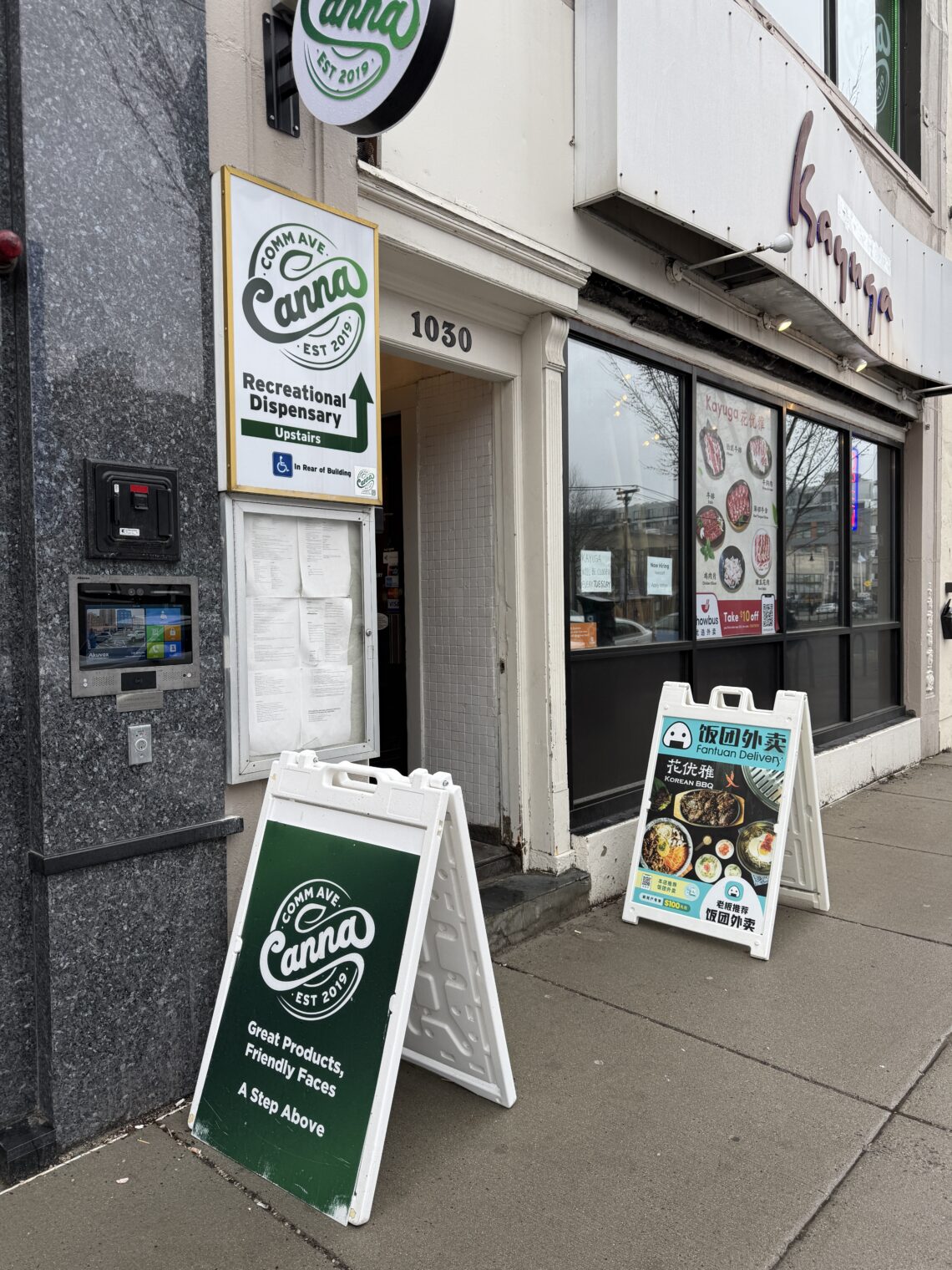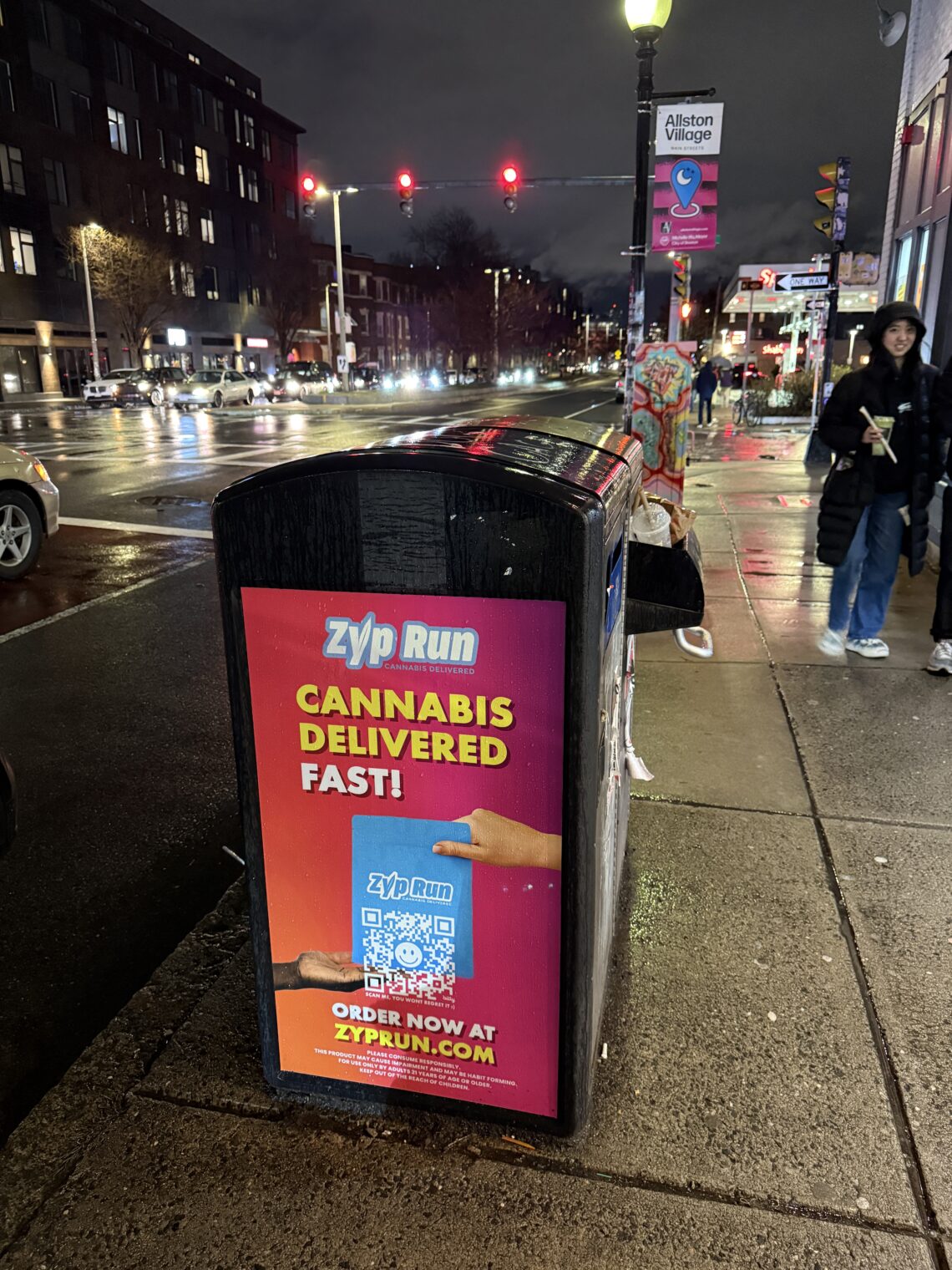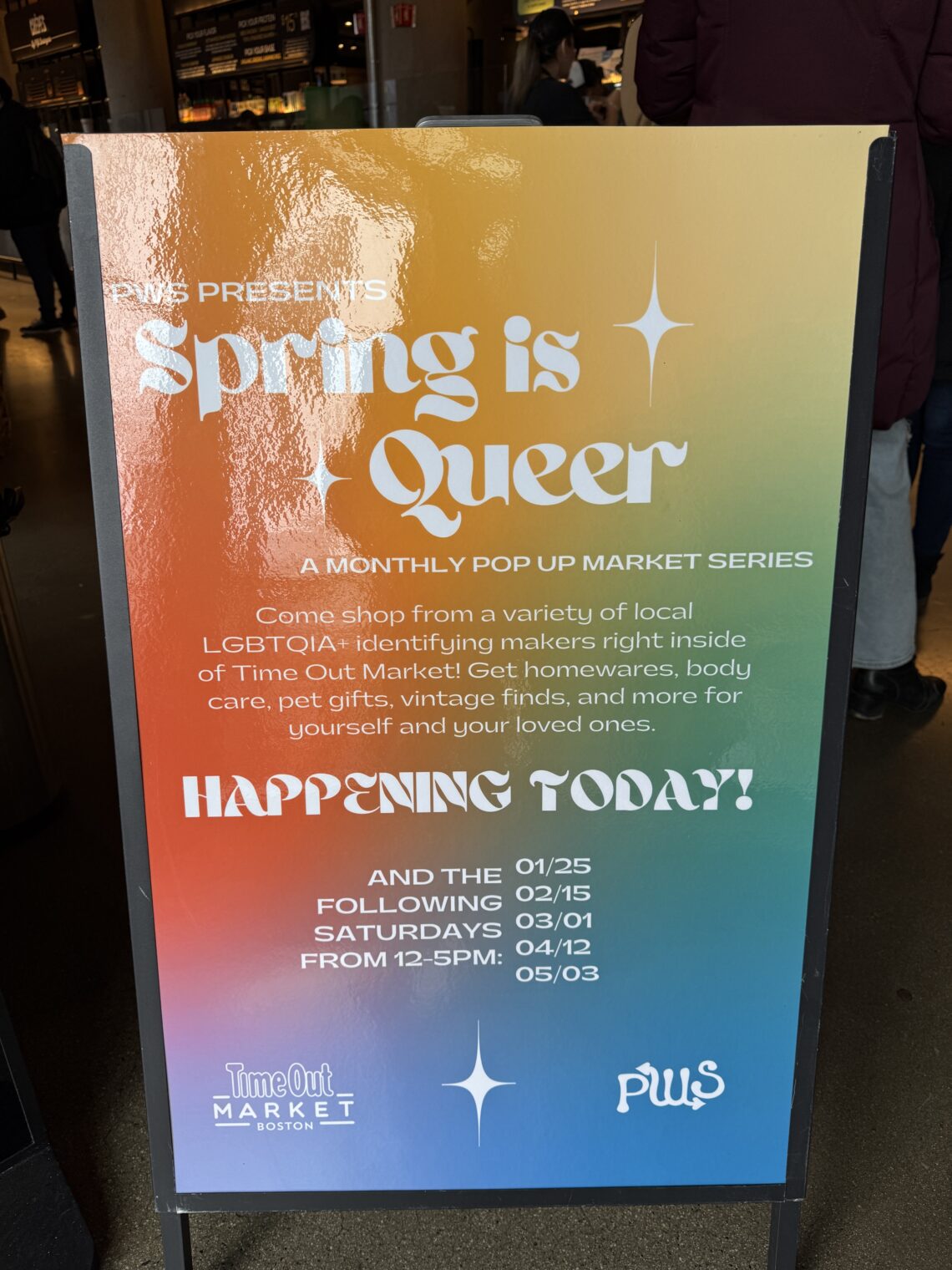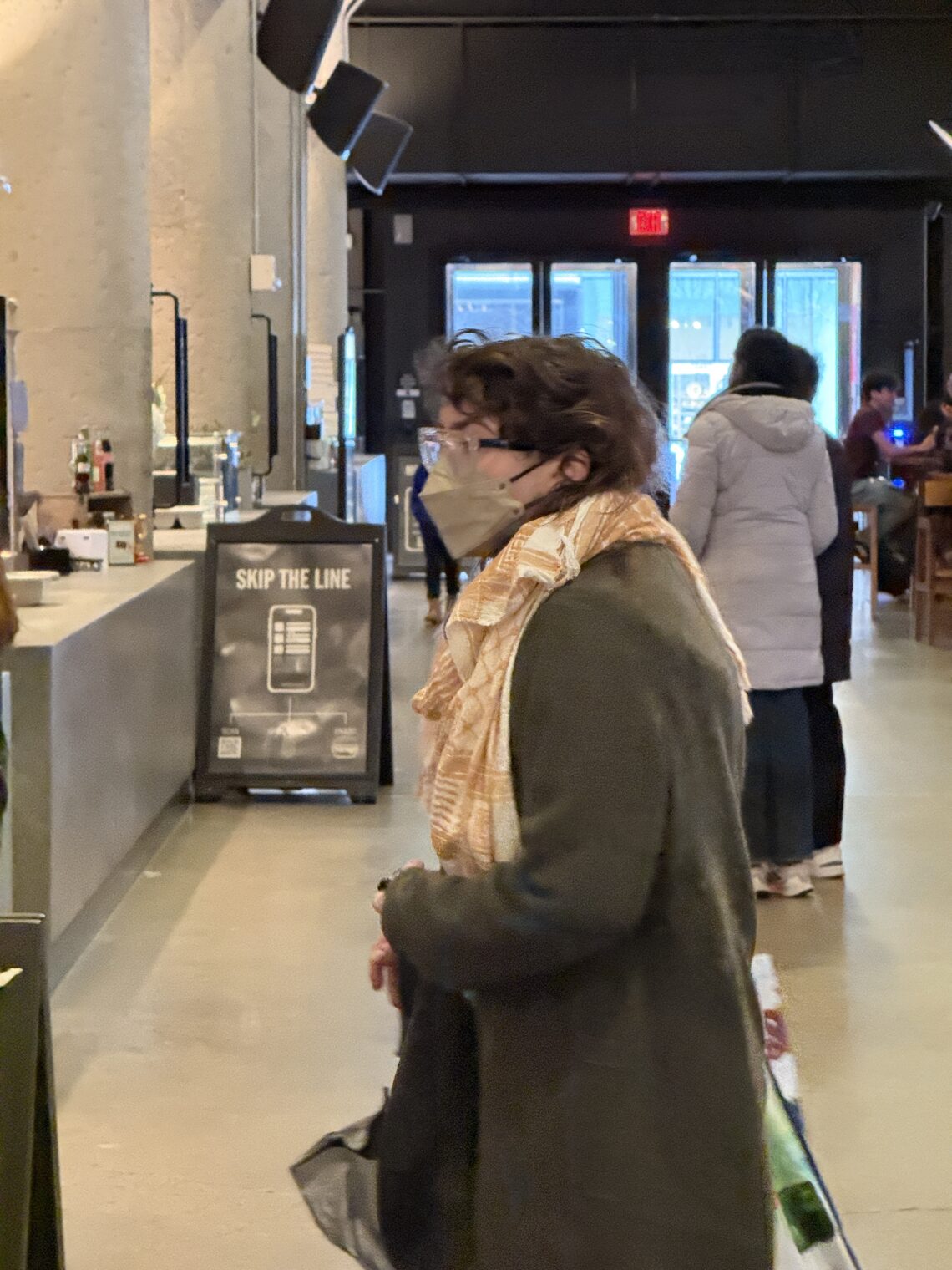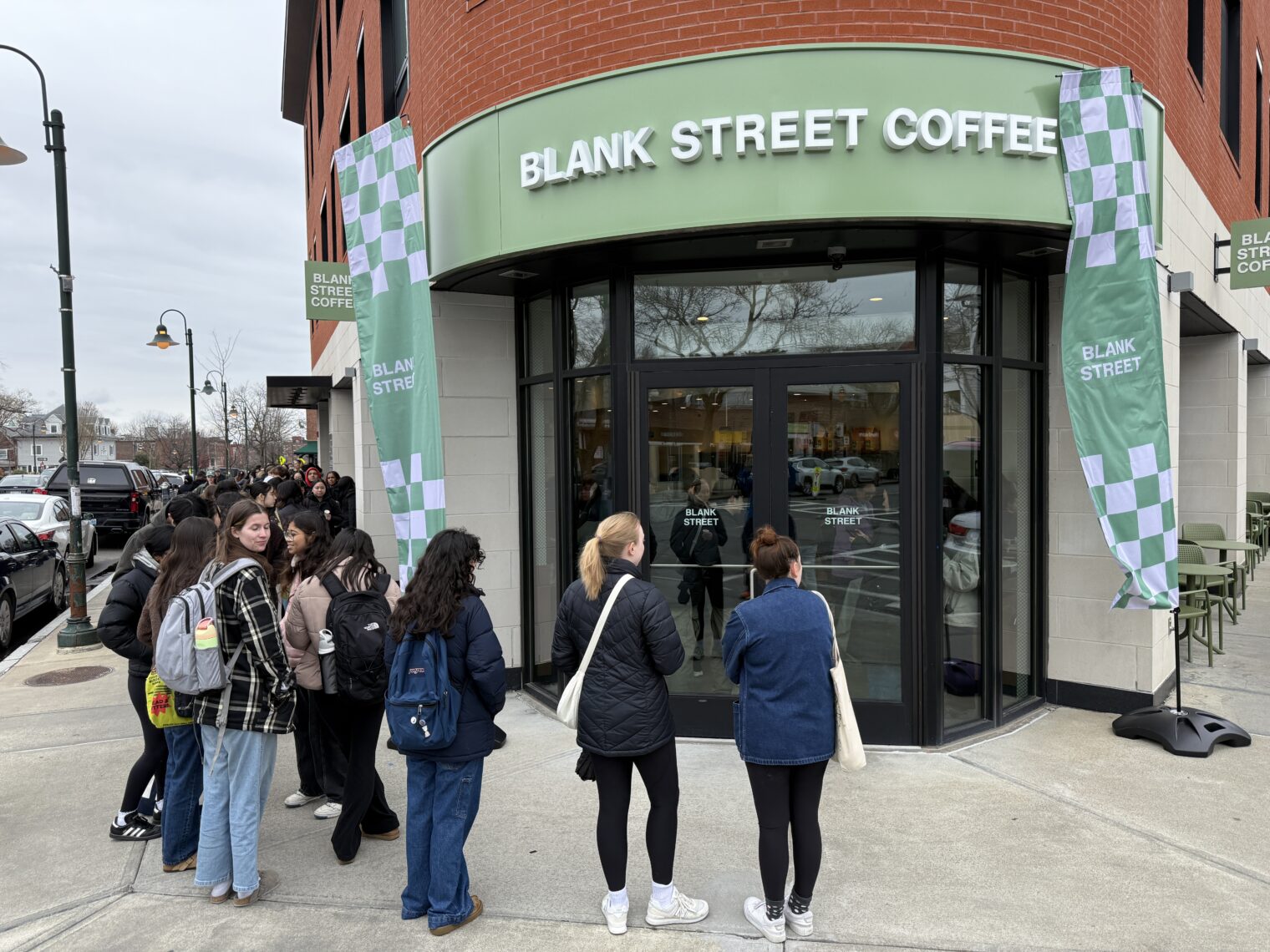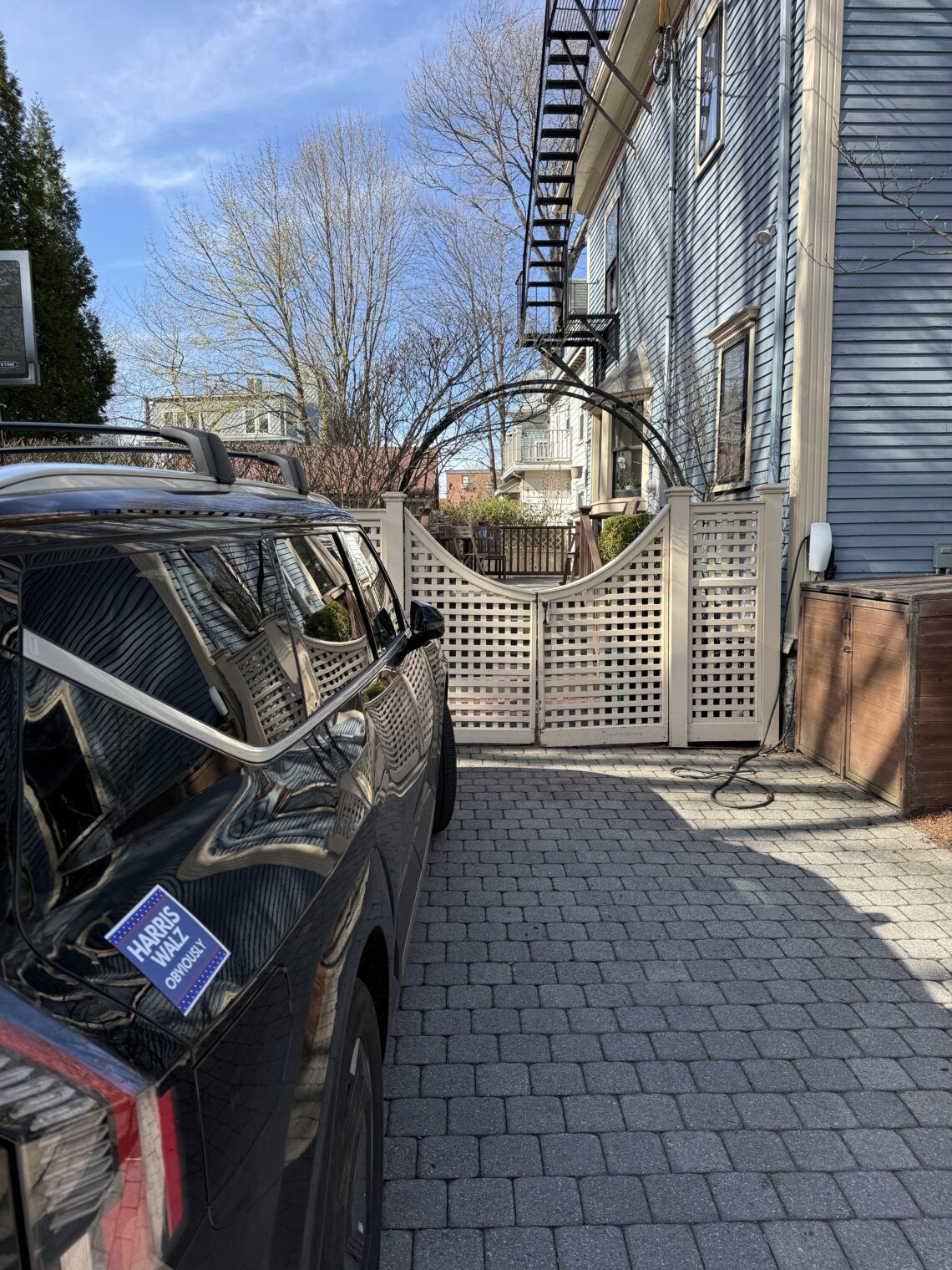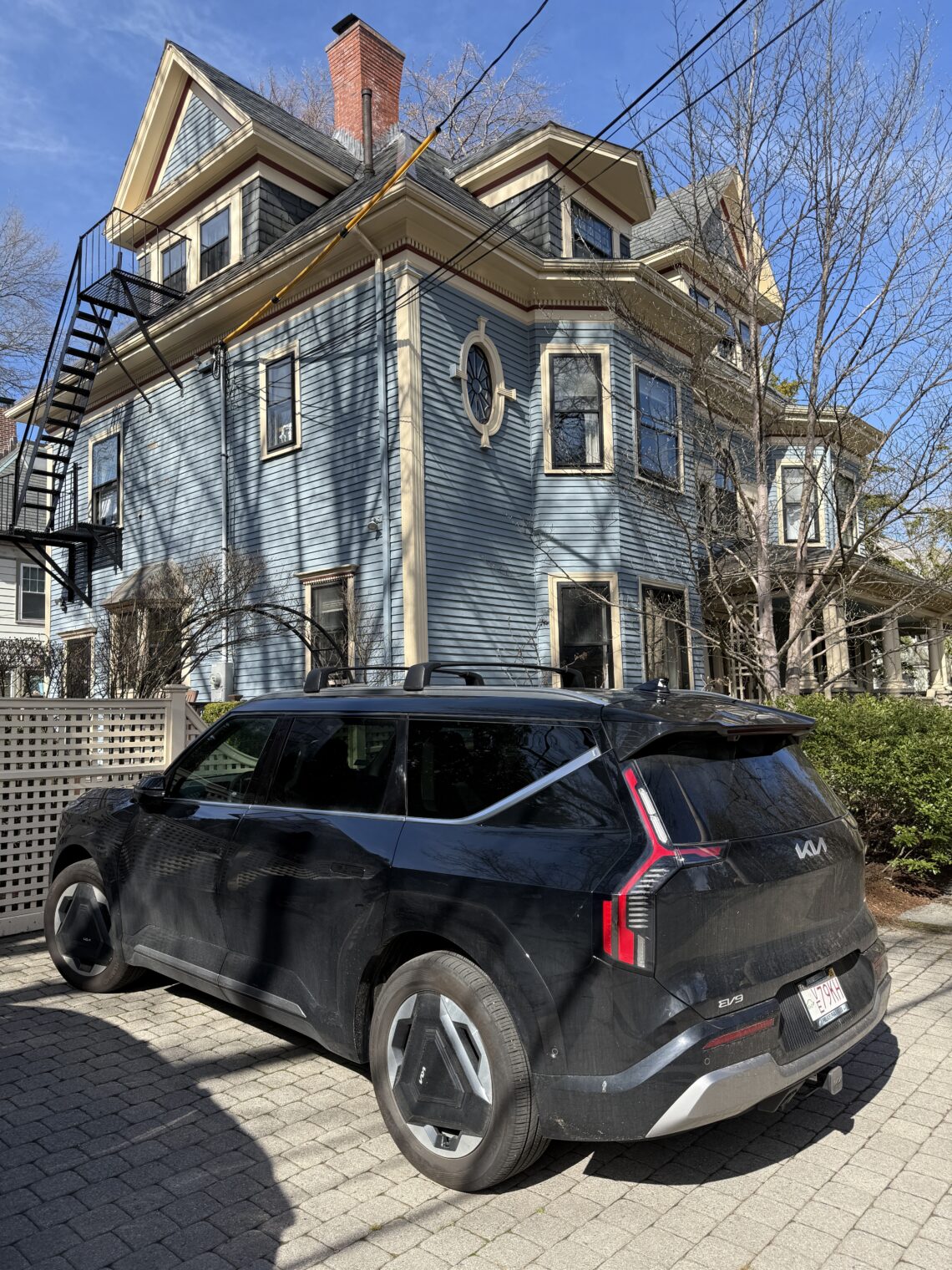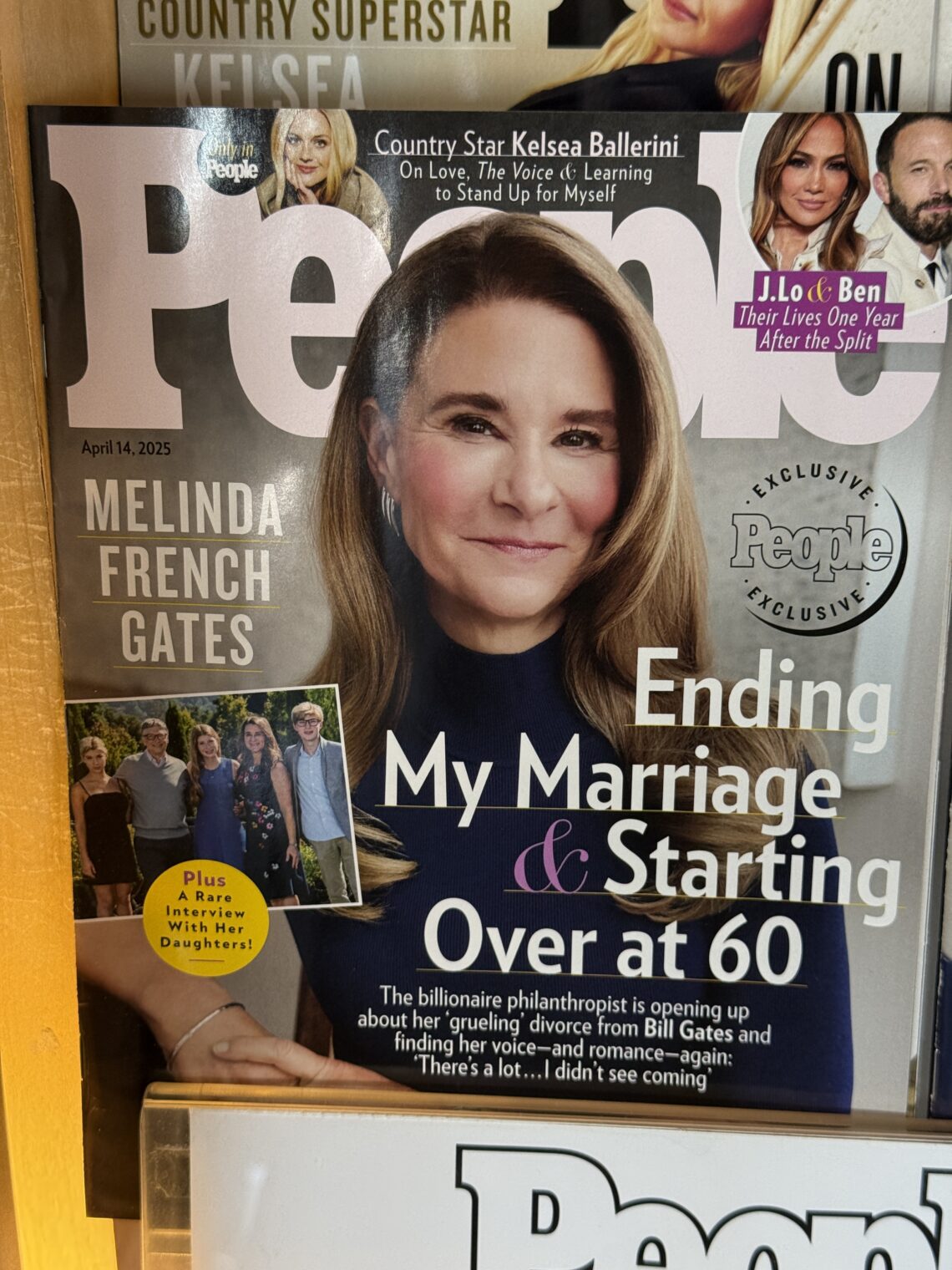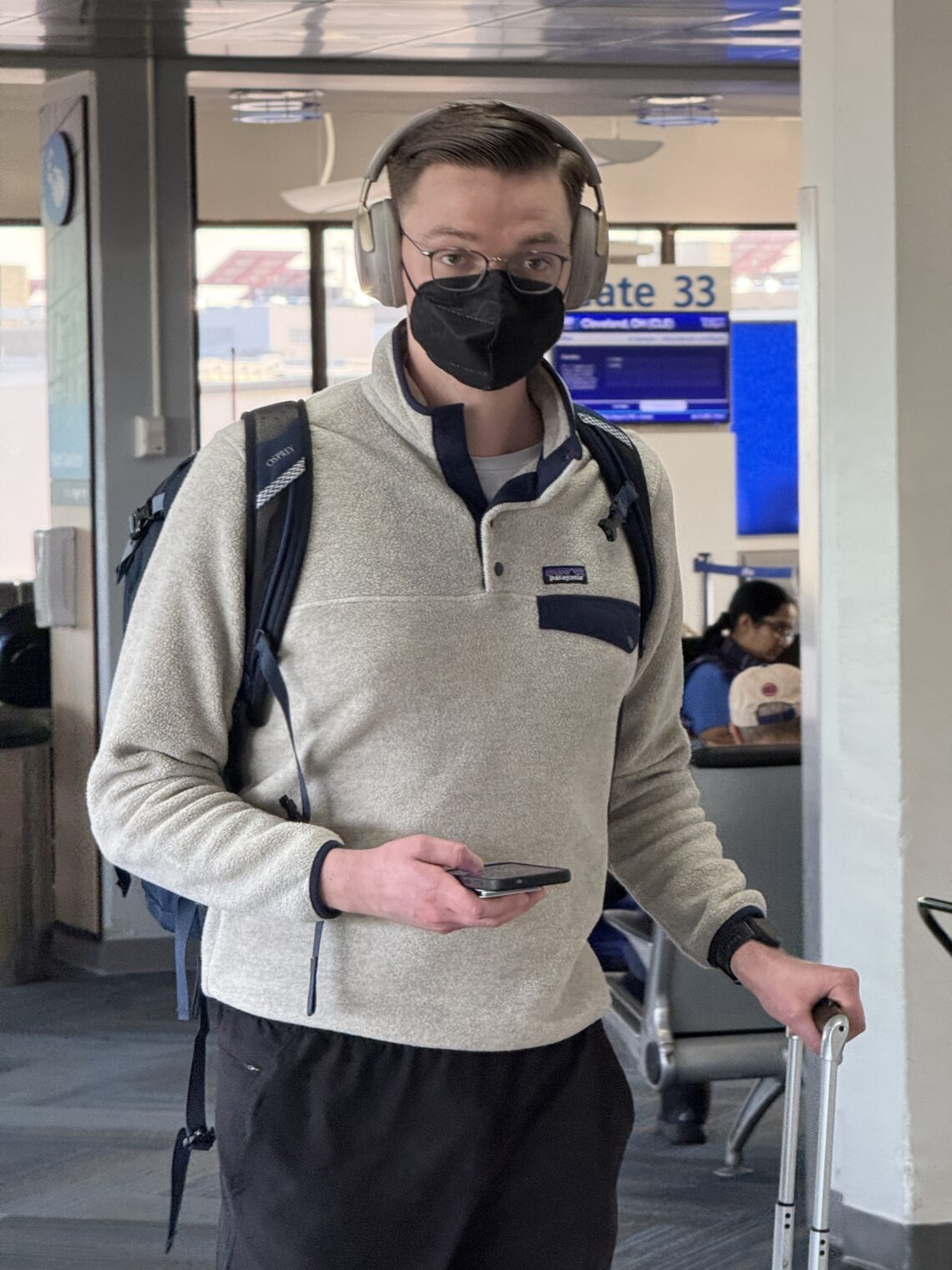ADHD boom coinciding with older/single parents
“Trends in Mental Disorders” by Arnold Kling (an economist whom a friend follows):
So why are we seeing an increase in people being labeled as depressed, or autistic, or ADHD?
Some of these labels have become high status. Nonbinary is high status among affluent teenagers. But I do not believe that the desire for status is the main driver.
I suspect that more children are being born with innate mutations, because their parents are older, reducing sperm and egg quality. These mutations result in unusual personality characteristics.
I suspect that children are spending less time with other children. Families are smaller. There are fewer neighborhoods with a lot of children. And there is a reluctance to let children go out on their own seeking children with whom to play. I suspect that having close adult supervision most of the time stunts children’s growth in social competence and confidence.
Children are skilled at manipulating their parents. When parents are easily manipulated, the child’s self-control is less likely to develop. When there are four children, no individual child has a good chance to manipulate parents. When there are one or two, manipulation is easier.
Children are skilled at manipulating their parents. When parents are easily manipulated, the child’s self-control is less likely to develop. When there are four children, no individual child has a good chance to manipulate parents. When there are one or two, manipulation is easier.
I wonder if it’s time for my standard line: “If you think teenage parenting is bad it’s only because you haven’t seen old people with kids.”
Any chance that the above trends will reverse? It doesn’t seem likely among native-born Americans who are college-educated. I talked to a senior at Brown the other day (considering how kids will do almost anything to get into an Queers for Palestine League school these days, she was surprisingly diffident about the overall experience there). She’s moderately religious/conservative and, therefore, might be expected to have more children than average for her cohort. She said that she didn’t want to have any children until she was at least 30 years old (“my 20s are for me”). Also, she didn’t want to have any kids until she’d been married for at least two years (“in case I want to divorce,” she noted, expressing zero commitment to marriage per se (i.e., she would stay married only if it seemed like the best option going forward)). So her life plan was to get married at some point between 26 and 28 and then have children at some point between 30 and 32. This is a recipe, I think, for having exactly the kind of family that Arnold Kling decries (older parents, 1-2 children, maybe just one parent if things don’t go perfectly).
Loosely related…
A screen shot in case this Israel-hating Asian-American is disappeared…
Full post, including comments








